Lost in Translation? The Medieval Translator. Traduire au Moyen Age
Renevey Denis et Whitehead Christiania, (eds.)
Turnhout: Brepols, 2009
The contributions to this volume are organised in a way that bear out the vitality of translation activity in the medieval period and the resourcefulness of modern scholarship in addressing the phenomenon of translation at large. No other period relies so heavily on this literary process to construct its cultural identity. Translations from Latin into the vernacular, or from one vernacular into another, or even from a vernacular into the Latin language, are just a few of the many forms medieval translation can take. The codification of the translation process as appropriation, transformation, or accommodation does not sufficiently emphasize the overarching curiosity and interest that motivates any translation activity. Rather, preceding the stages of appropriation and re-interpretation, it is positive inquisitiveness and openness towards linguistic and cultural difference that generate the production of a new text and the transference of culture from one sphere to another. Translation practice creates a dialogic exchange between cultures, it recognises difference and diversity, both linguistic and cultural, yet it also shapes its new product for the use of an audience or readership that is concurrently aware of the reciprocal need to participate in that exchange, in order to improve its own culture. It is that positive inquisitiveness which this volume emphasizes.
The volume initially addresses the way in which translators dealt with texts from the early medieval period. It then considers the phenomenon of bilingualism and the privileged relationship that England held with the continent, especially the Italian and French literary traditions. The third part of this volume tackles the problem of fifteenth-century religious translation in England and, to a lesser extent, France, and complicates it by showing its inevitable political implications. Understood more particularly as an act of cultural transfer, translation activity can also be considered beyond the linguistic process. The fourth part of the volume deals with several instances of translations from one genre into another, and from one media into another. The contributions to this volume provide some answers to conundrums in the theory and practice of translation encountered during the medieval period. They also point to new ways of considering this literary process, and by praising diversity and difference, they suggest a less traumatic way of reading Babel than is usually implied.
ISBN: 9782503531397
The Construction of Textual Identity in Medieval and Early Modern Literature.
Ghose Indira et Renevey Denis, (eds.)
SPELL 22. Tübingen: Gunterr Narr Verlag, 2009
This volume sets out to bridge the gap between medieval andearly modern literary studies. It contains a selection of essaysby both distinguished experts and young scholars in eitherfield, and marks the foundation of the Swiss Association of Medieval and Early Modern English Studies. The contributions address the crucial issue of how texts engage with othert exts. They do so in a variety of ways, focusing on pretexts,paratexts, and marginalia. What emerges is an insight into the way texts shape identity – be it that of the author, the readership, or the texts themselves.
ISBN: 9783823365204
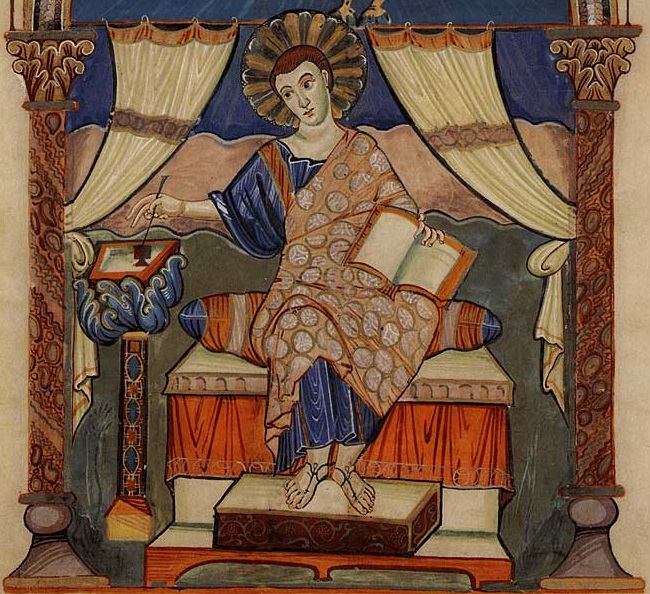

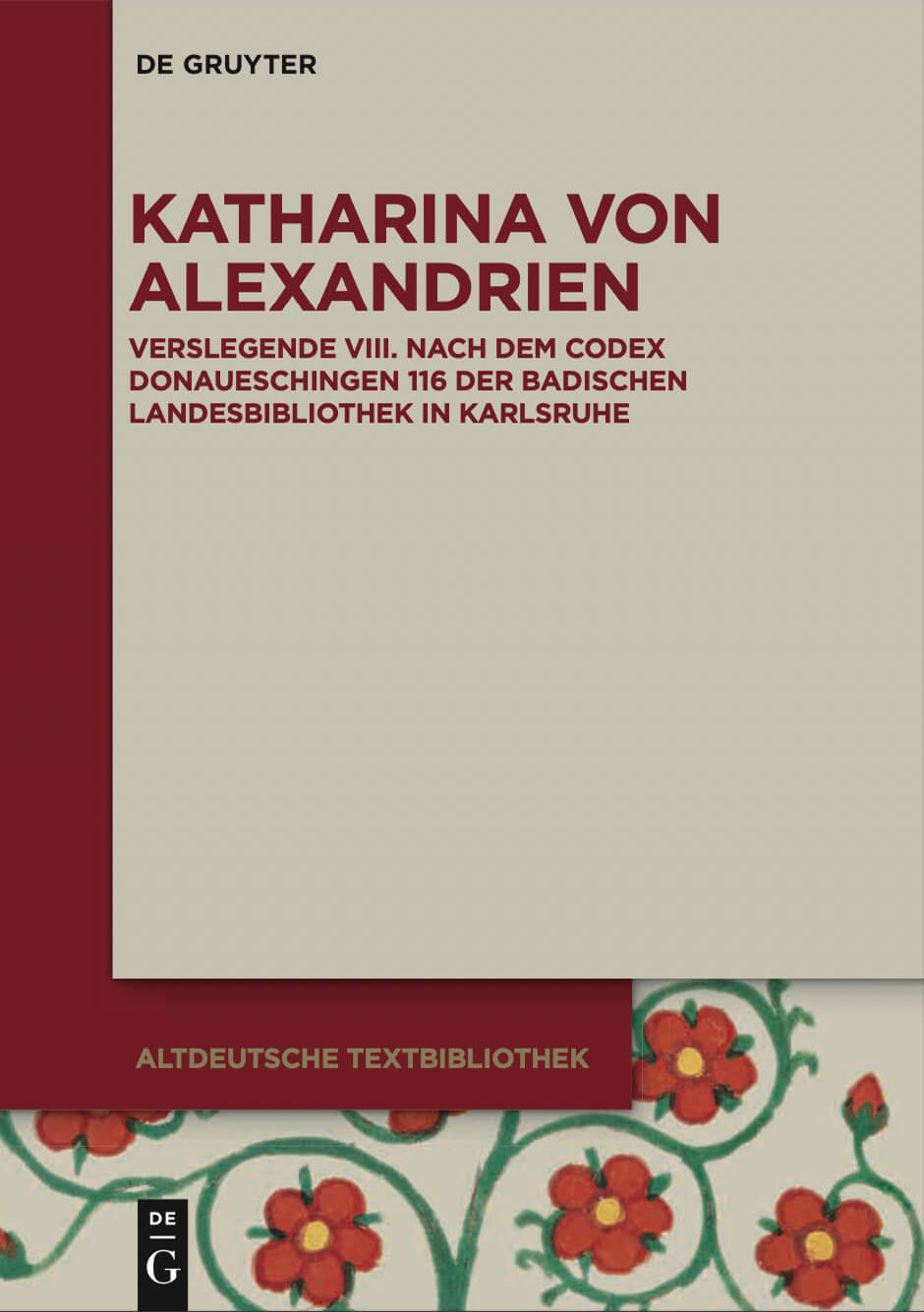 Katharina von Alexandrien. Verslegende VIII. Nach dem Codex Donaueschingen 116 der Badischen Landesbibliothek in Karlsruhe
Katharina von Alexandrien. Verslegende VIII. Nach dem Codex Donaueschingen 116 der Badischen Landesbibliothek in Karlsruhe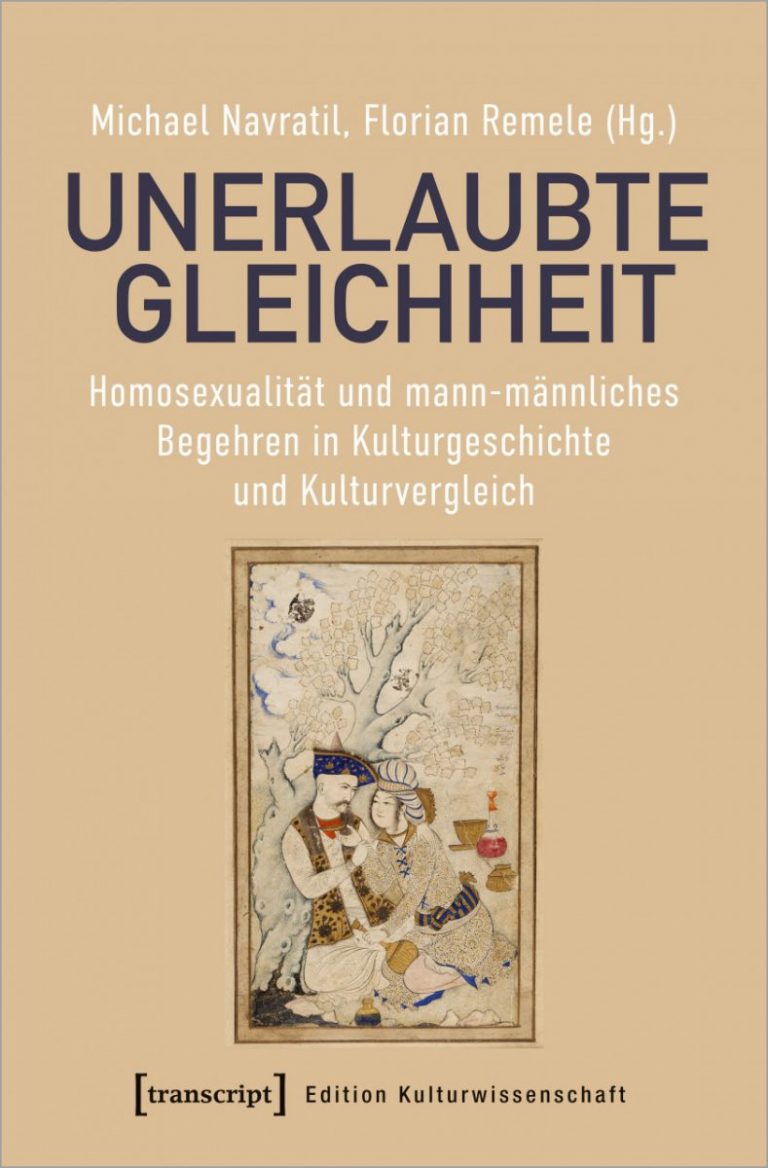 Unerlaubte Gleichheit. Homosexualität und mann-männliches Begehren in Kulturgeschichte und Kulturvergleich
Unerlaubte Gleichheit. Homosexualität und mann-männliches Begehren in Kulturgeschichte und Kulturvergleich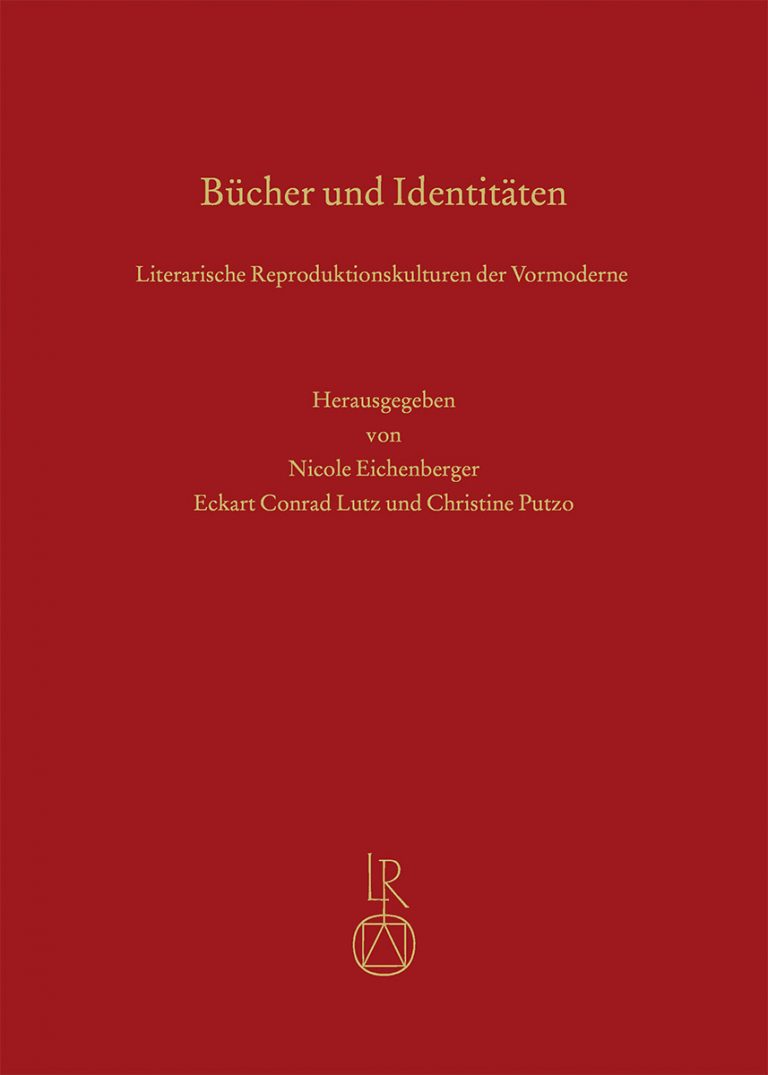 Bücher und Identitäten. Literarische Reproduktionskulturen der Vormoderne
Bücher und Identitäten. Literarische Reproduktionskulturen der Vormoderne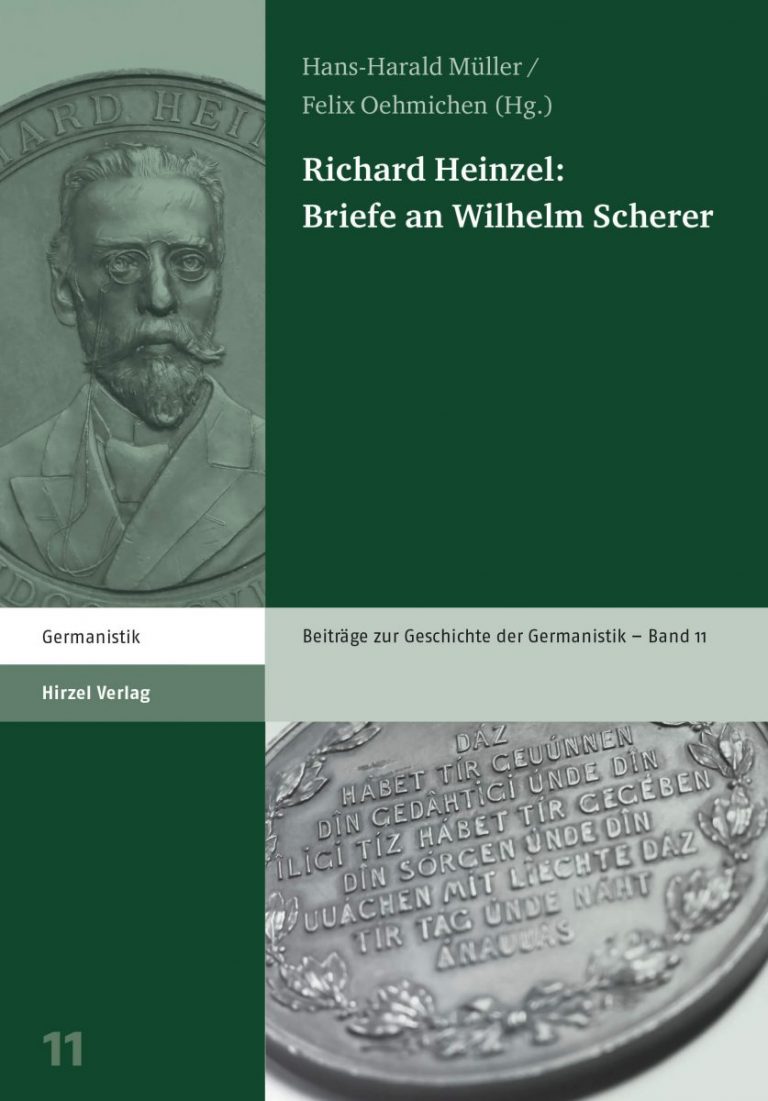 Richard Heinzel: Briefe an Wilhelm Scherer
Richard Heinzel: Briefe an Wilhelm Scherer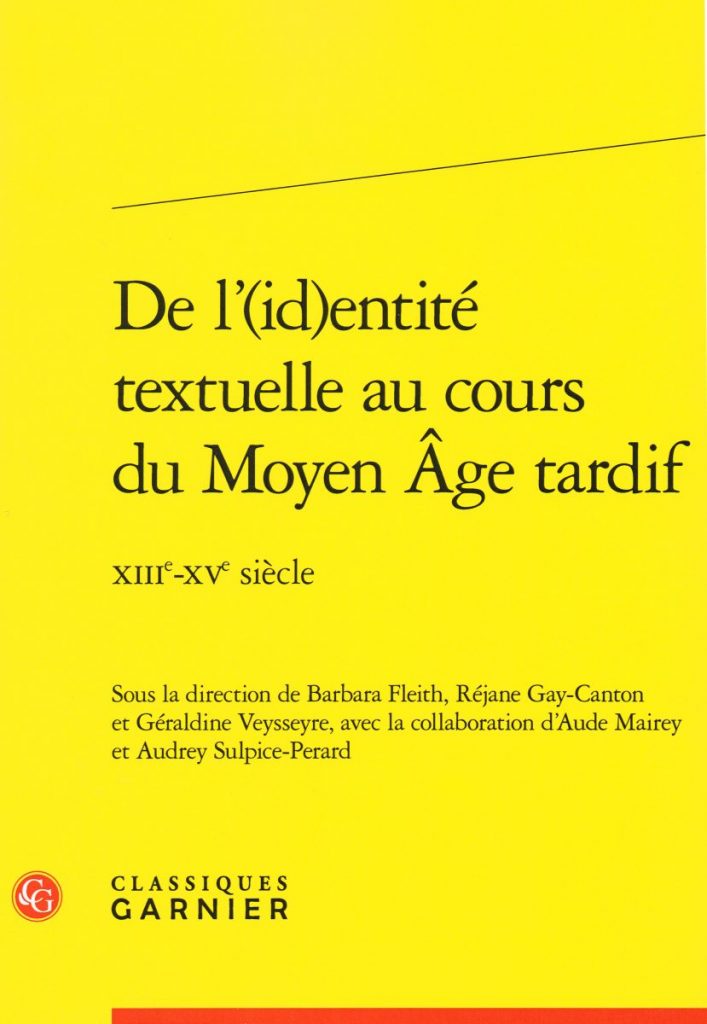 De l’(id)entité textuelle au cours du Moyen Âge tardif - XIIIe-XVe siècle
De l’(id)entité textuelle au cours du Moyen Âge tardif - XIIIe-XVe siècle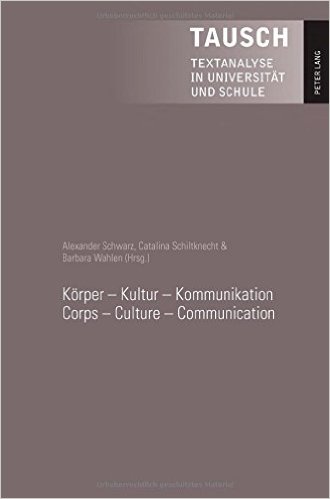
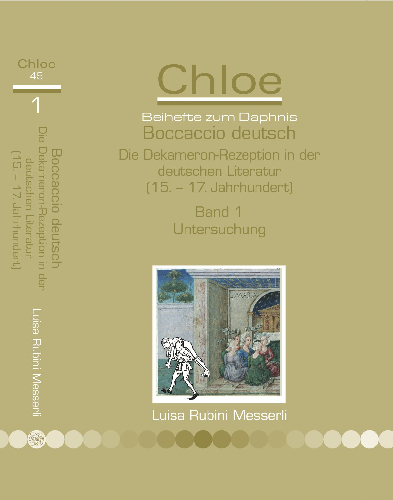 Boccaccio deutsch: Die Dekameron-Rezeption in der deutschen Literatur (15.-17. Jahrhundert)
Boccaccio deutsch: Die Dekameron-Rezeption in der deutschen Literatur (15.-17. Jahrhundert)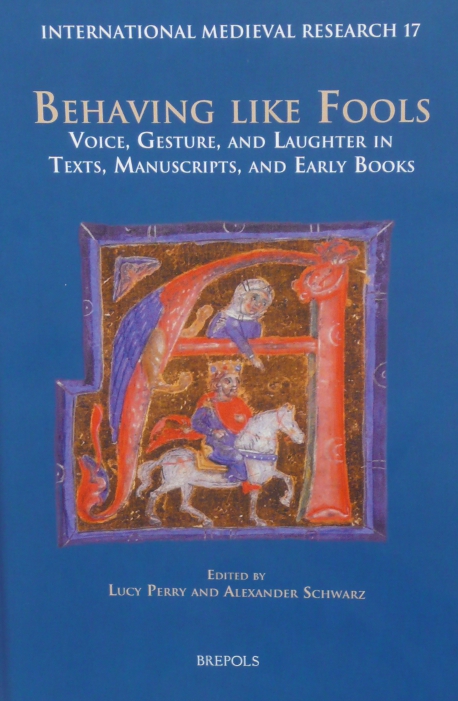 Behaving like Fools. Voice, Gesture and Laughter in Texts, Manuscripts, and Early Books
Behaving like Fools. Voice, Gesture and Laughter in Texts, Manuscripts, and Early Books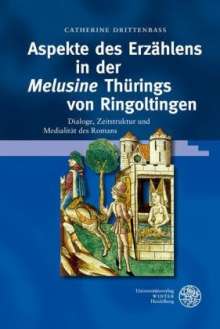
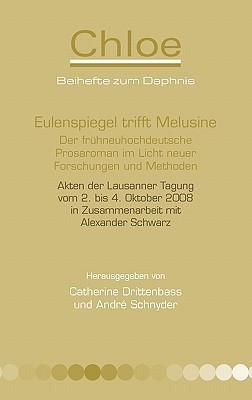 Eulenspiegel trifft Melusine. Der frühneuhochdeutsche Prosaroman im Licht neuer Forschungen und Methoden. Akten der Lausanner Tagung vom 2. bis 4. Oktober 2008 in Zusammenarbeit mit Alexander Schwarz
Eulenspiegel trifft Melusine. Der frühneuhochdeutsche Prosaroman im Licht neuer Forschungen und Methoden. Akten der Lausanner Tagung vom 2. bis 4. Oktober 2008 in Zusammenarbeit mit Alexander Schwarz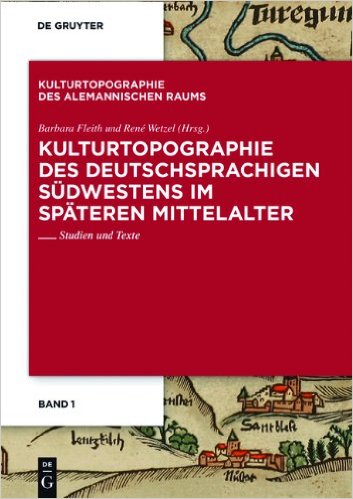 Kulturtopographie des deutschsprachigen Südwestens im späteren Mittelalter: Studien und Texte (Kulturtopographie Des Alemannischen Raums). Niemeyer, Tübingen (1. Dezember 2009).
Kulturtopographie des deutschsprachigen Südwestens im späteren Mittelalter: Studien und Texte (Kulturtopographie Des Alemannischen Raums). Niemeyer, Tübingen (1. Dezember 2009).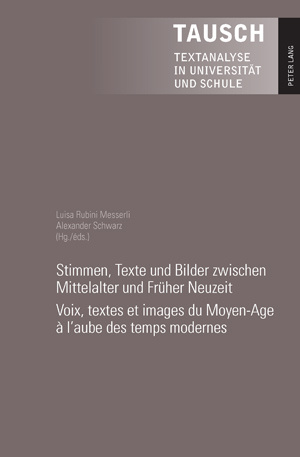 Stimmen, Texte und Bilder zwischen Mittelalter und Früher Neuzeit. Voix, textes et images du Moyen-Age à l'aube des temps modernes
Stimmen, Texte und Bilder zwischen Mittelalter und Früher Neuzeit. Voix, textes et images du Moyen-Age à l'aube des temps modernes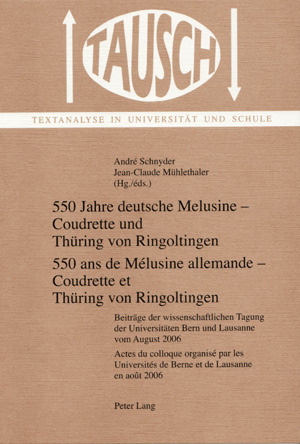 550 Jahre deutsche Melusine - Coudrette und Thüring von Ringoltingen. 550 ans de Mélusine allemande - Coudrette et Thüring von Ringoltingen. Beiträge der wissenschaftlichen Tagung der Universitäten Bern und Lausanne vom August 2006. Actes du colloque organisé par les Université de Berne et de Lausanne en août 2006
550 Jahre deutsche Melusine - Coudrette und Thüring von Ringoltingen. 550 ans de Mélusine allemande - Coudrette et Thüring von Ringoltingen. Beiträge der wissenschaftlichen Tagung der Universitäten Bern und Lausanne vom August 2006. Actes du colloque organisé par les Université de Berne et de Lausanne en août 2006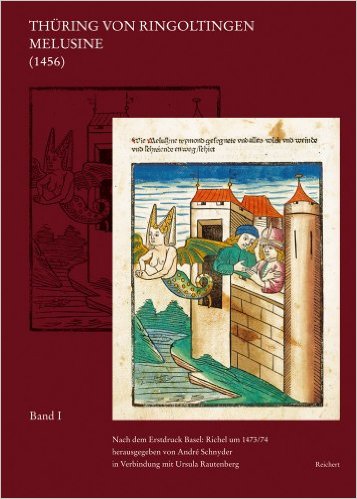 Thüring von Ringoltingen Melusine (1456). Nach dem Erstdfruck Basel: Richel um 1473/74
Thüring von Ringoltingen Melusine (1456). Nach dem Erstdfruck Basel: Richel um 1473/74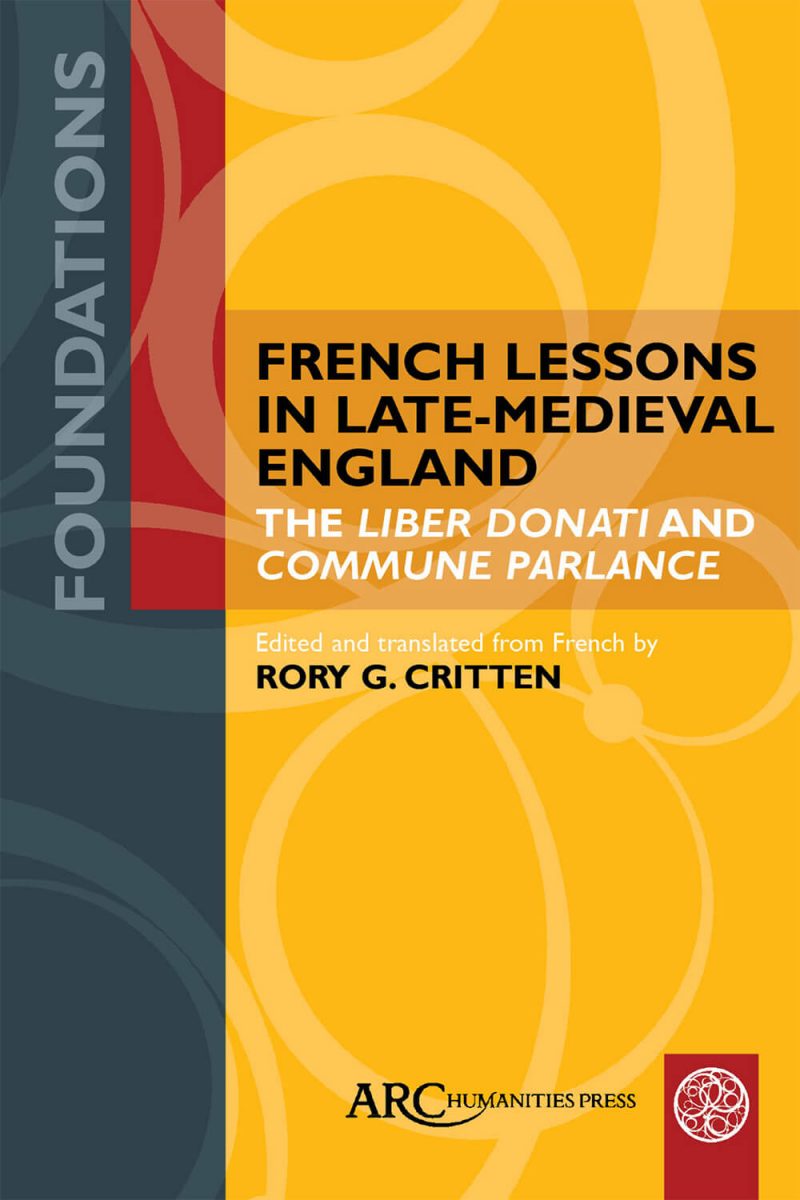 French Lessons in Late-Medieval England: The Liber donati and Commune parlance
French Lessons in Late-Medieval England: The Liber donati and Commune parlance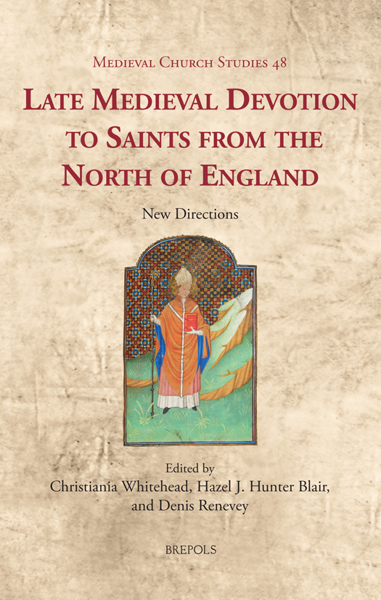 Late Medieval Devotion to Saints from the North of England
Late Medieval Devotion to Saints from the North of England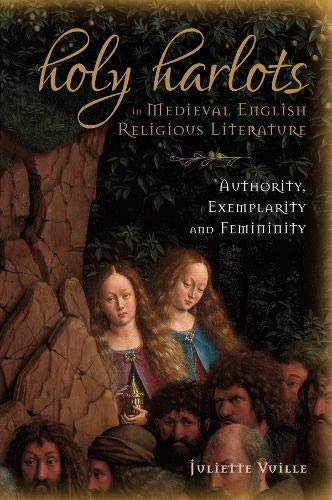 Holy Harlots in Medieval English Religious Literature
Holy Harlots in Medieval English Religious Literature 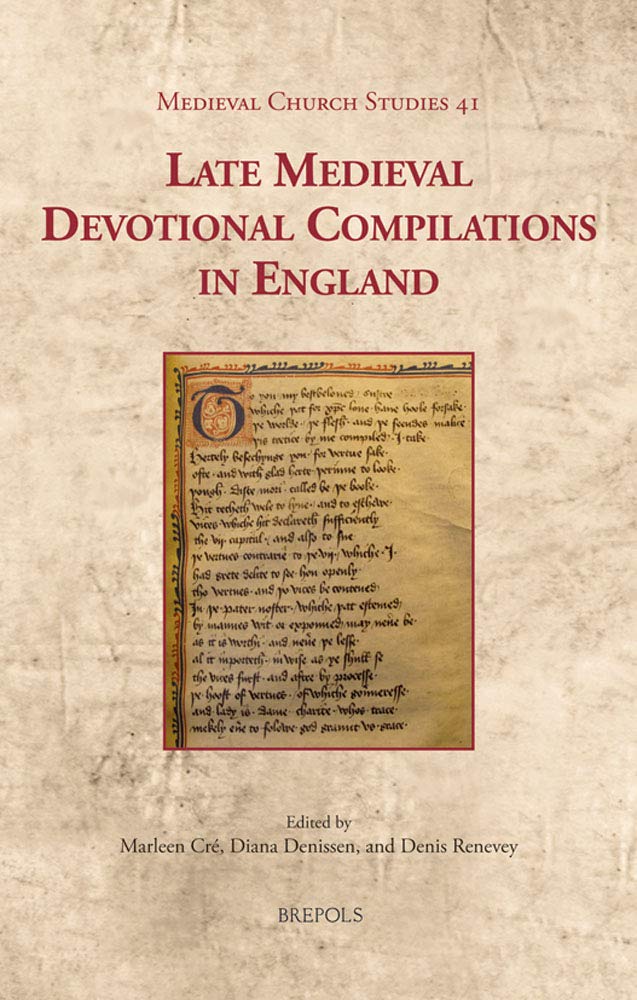 Late Medieval Devotional Compilations in England
Late Medieval Devotional Compilations in England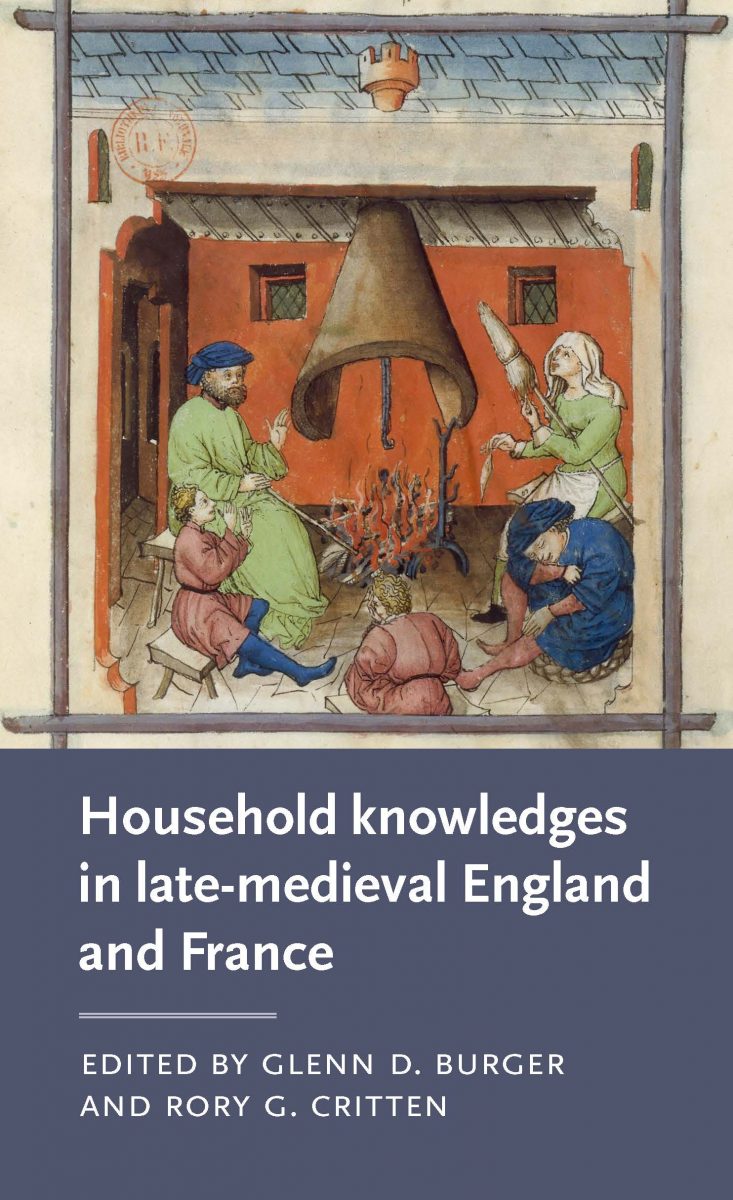 Household knowledges in late-medieval England and France
Household knowledges in late-medieval England and France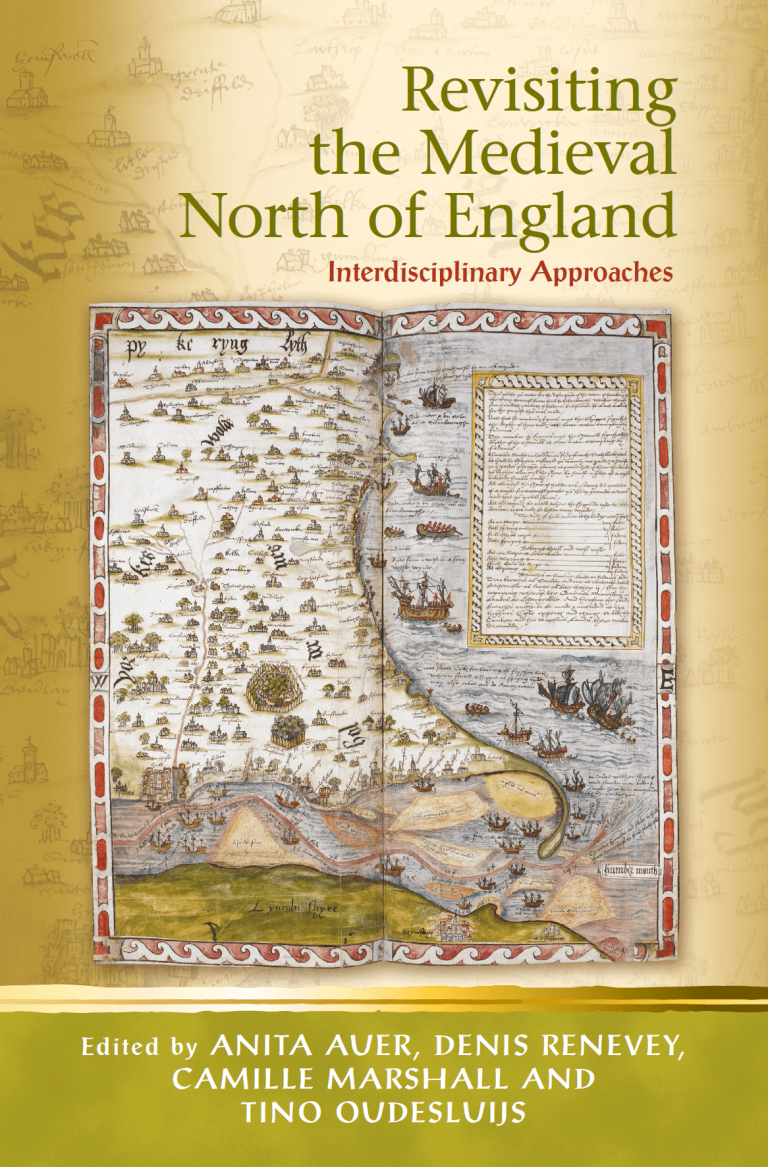 Revisiting the Medieval North of England : Interdisciplinary Approaches
Revisiting the Medieval North of England : Interdisciplinary Approaches 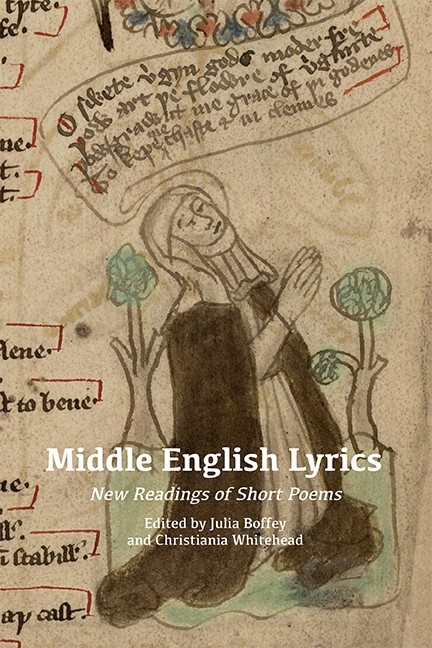 Middle English Lyrics : New Readings of Short Poems
Middle English Lyrics : New Readings of Short Poems 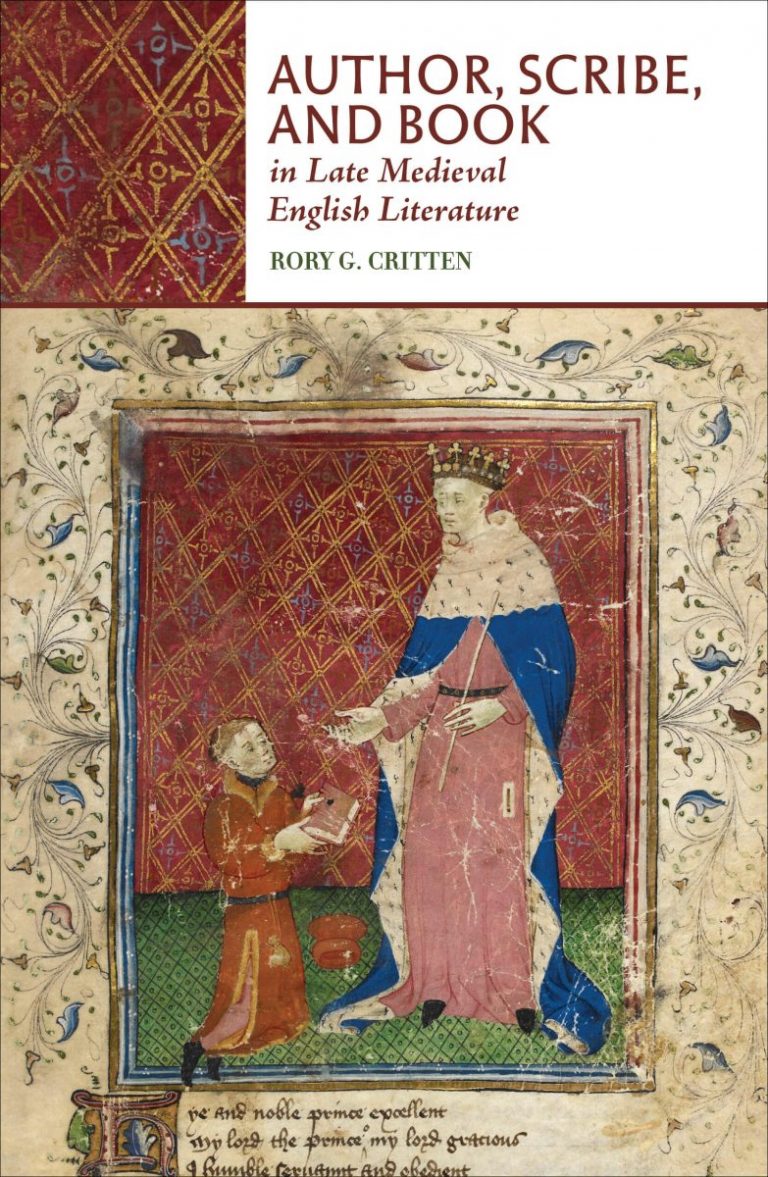 Author, Scribe, and Book in Late Medieval English Literature
Author, Scribe, and Book in Late Medieval English Literature 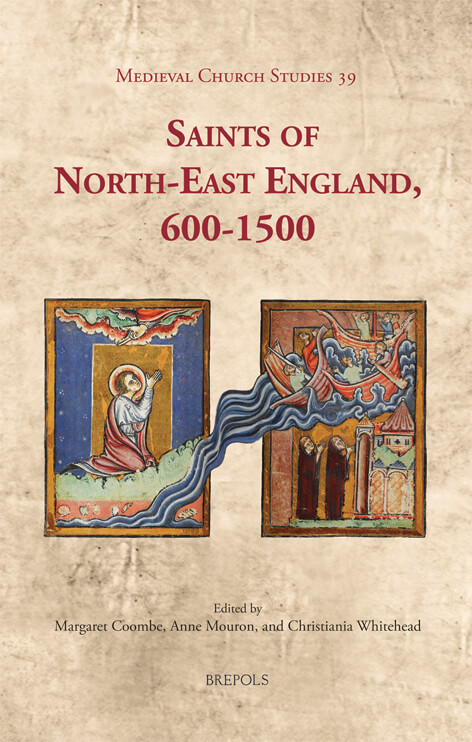 Saints of North-East England, 600-1500
Saints of North-East England, 600-1500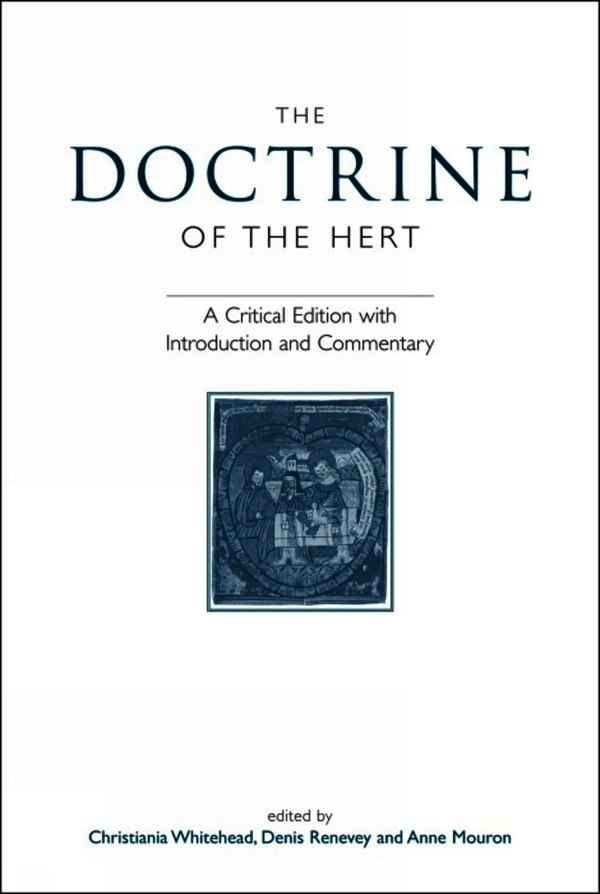 The Doctrine of the Hert. A Critical Edition with Introduction and Commentary
The Doctrine of the Hert. A Critical Edition with Introduction and Commentary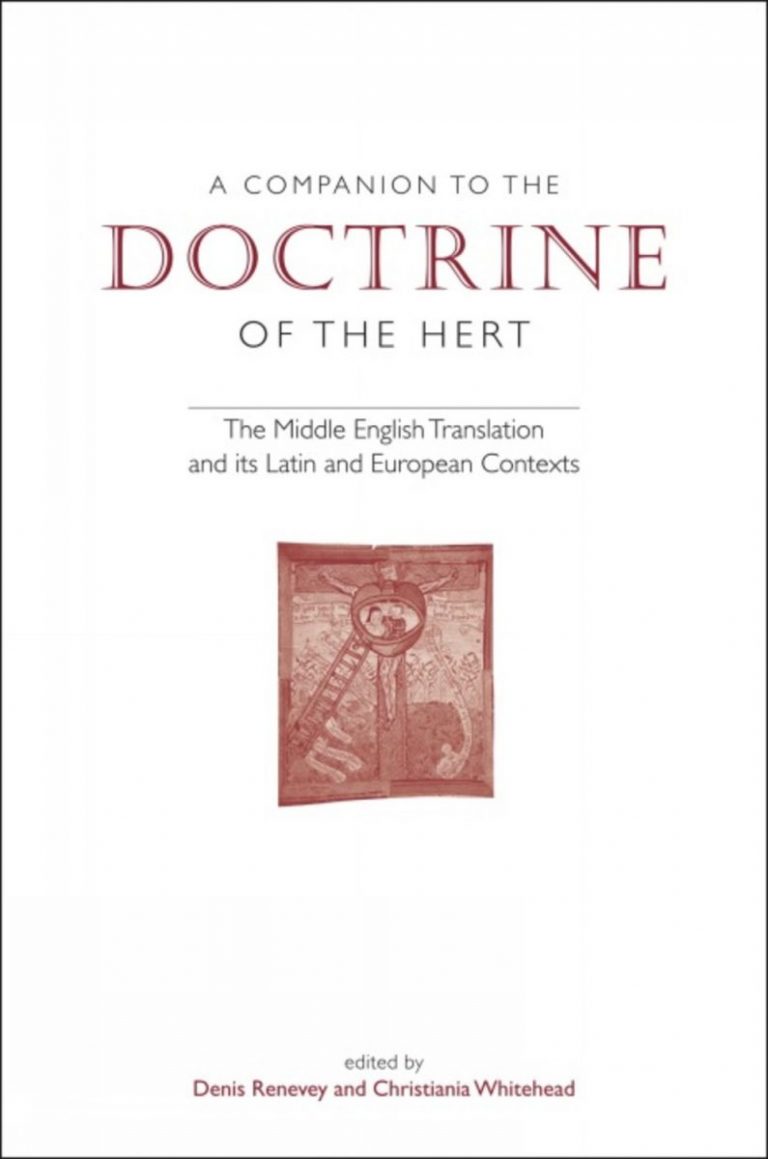 A Companion to ‘The Doctrine of the Hert’
A Companion to ‘The Doctrine of the Hert’ 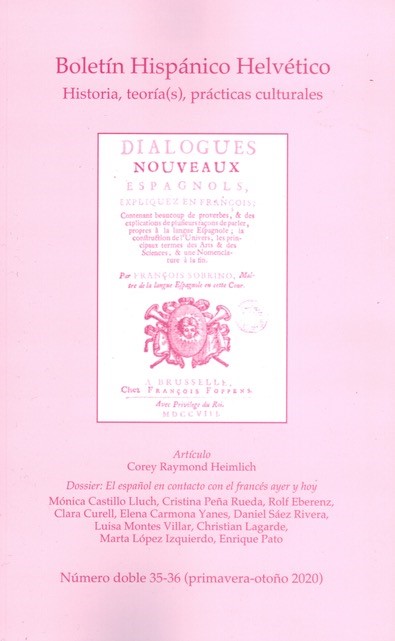 El español en contacto con el francés ayer y hoy
El español en contacto con el francés ayer y hoy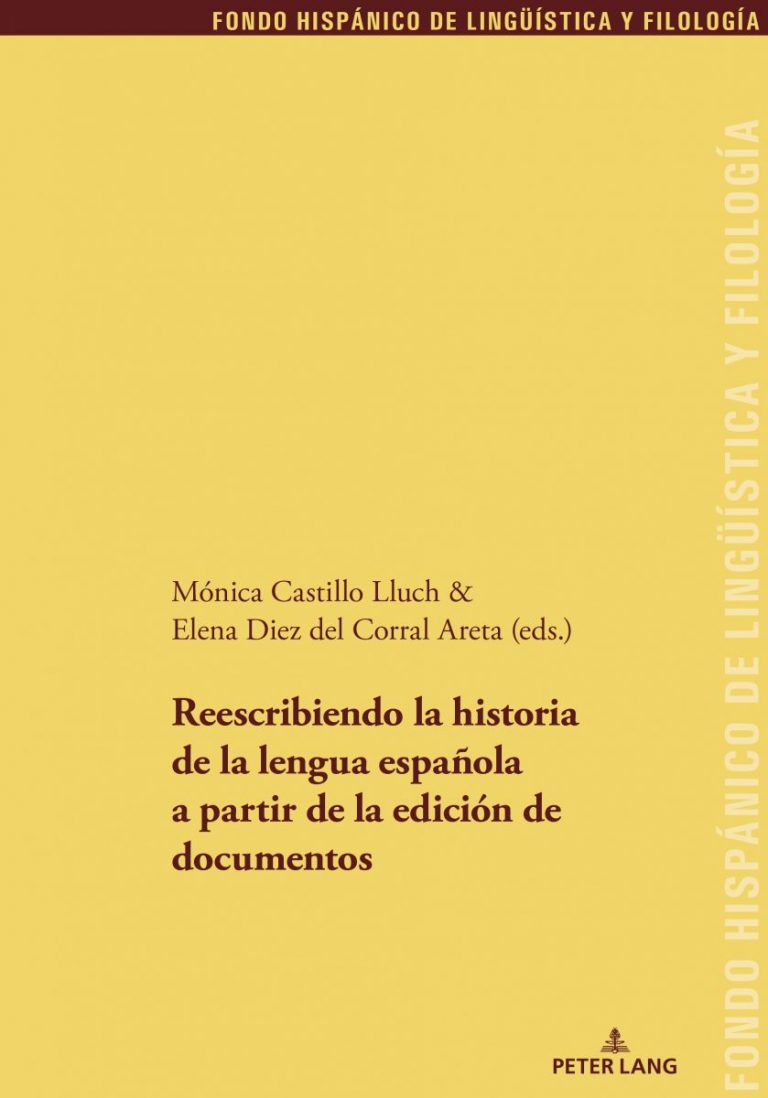 Reescribiendo la historia de la lengua a partir de la edición de documentos
Reescribiendo la historia de la lengua a partir de la edición de documentos 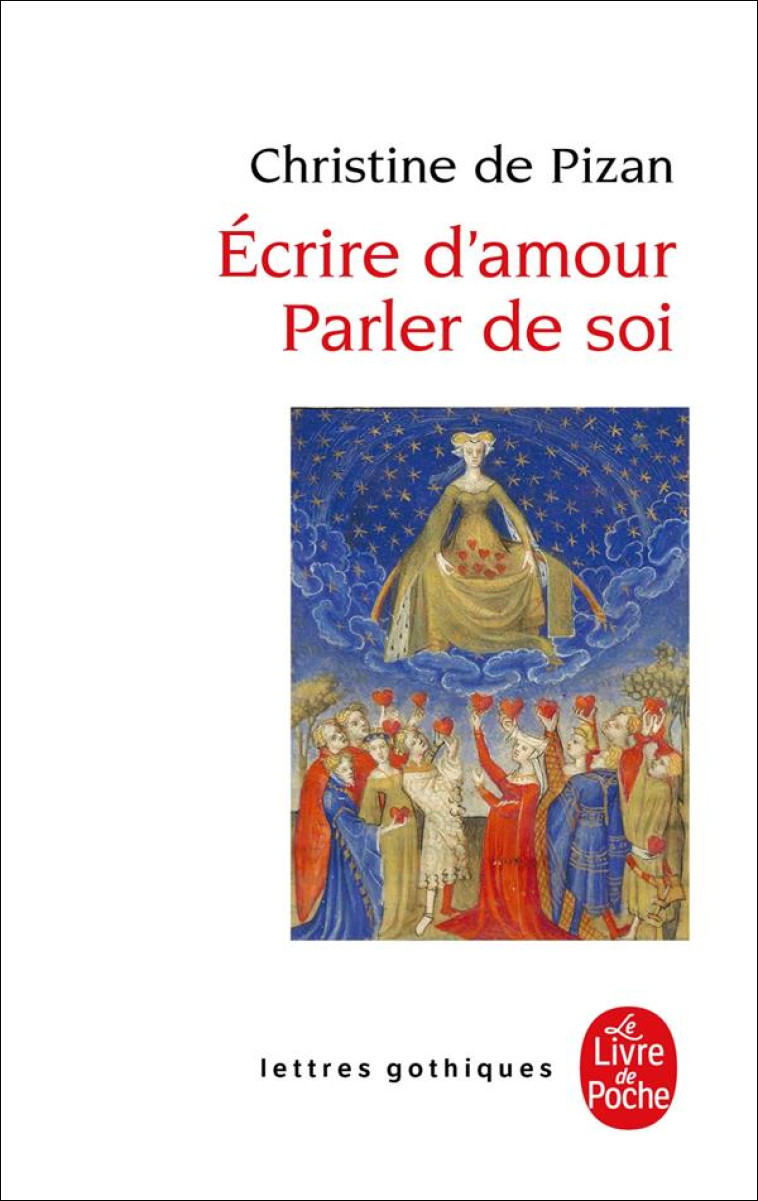 Écrire d’amour. Parler de soi
Écrire d’amour. Parler de soi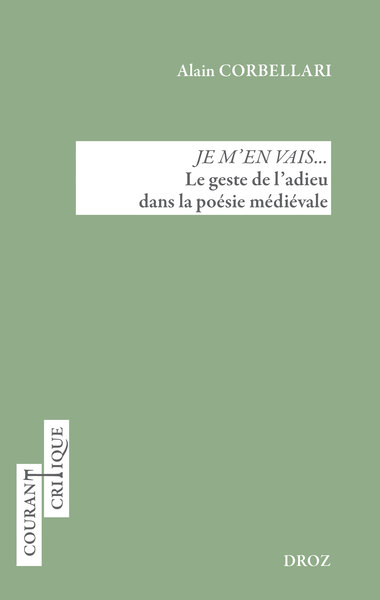 Je m’en vais… Le geste de l’adieu dans la poésie médiévale
Je m’en vais… Le geste de l’adieu dans la poésie médiévale Le complot en littérature
Le complot en littérature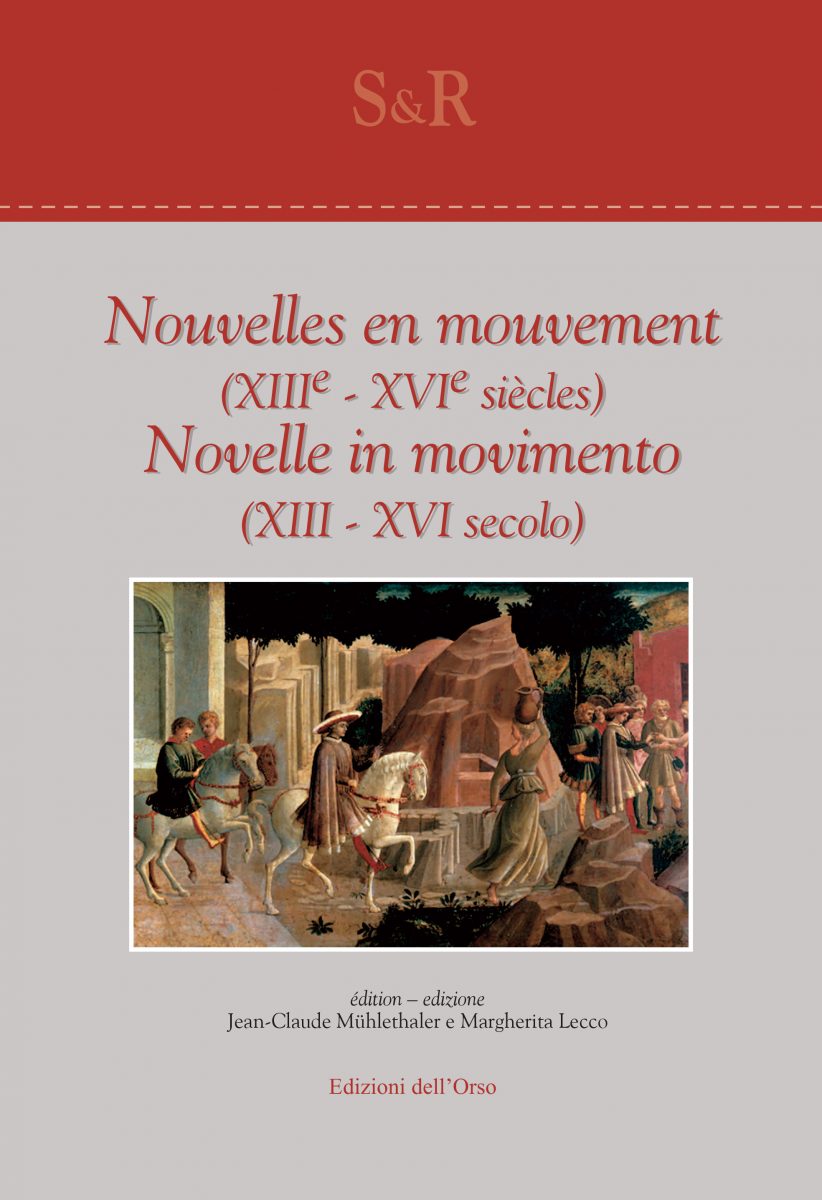 Nouvelles en mouvement (XIIIe-XVIe siècles)
Nouvelles en mouvement (XIIIe-XVIe siècles)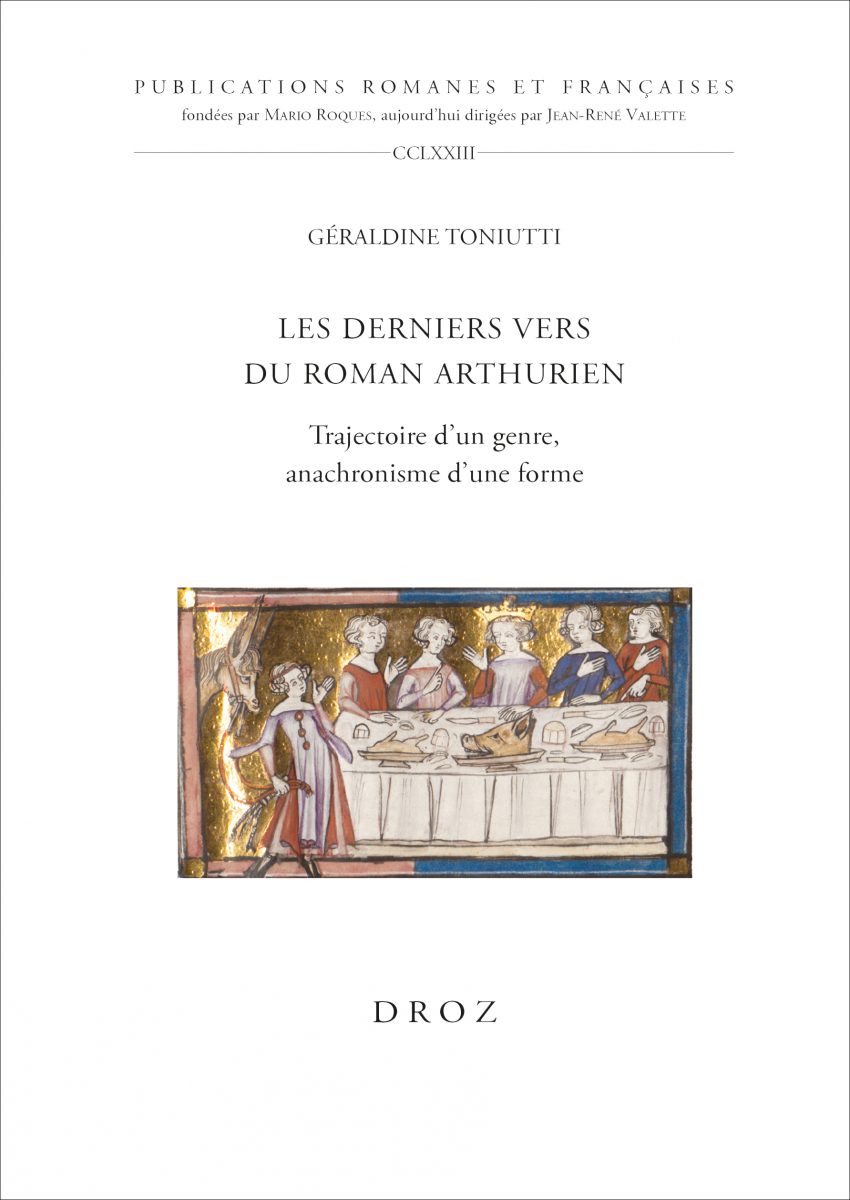 Les derniers vers du roman arthurien: trajectoire d’un genre, anachronisme d’une forme
Les derniers vers du roman arthurien: trajectoire d’un genre, anachronisme d’une forme 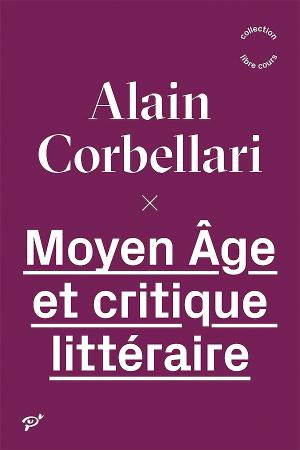 Moyen Âge et critique littéraire
Moyen Âge et critique littéraire 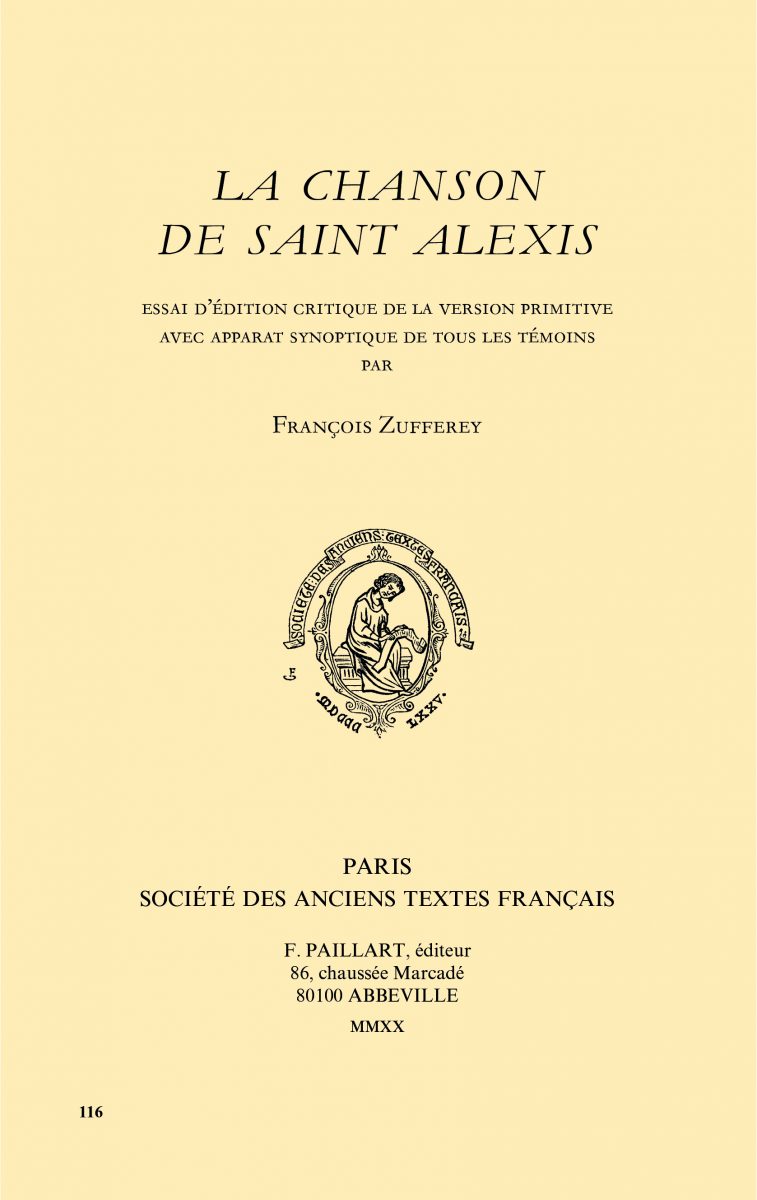 La Chanson de saint Alexis. Essai d’édition critique de la version primitive, avec apparat synoptique de tous les témoins
La Chanson de saint Alexis. Essai d’édition critique de la version primitive, avec apparat synoptique de tous les témoins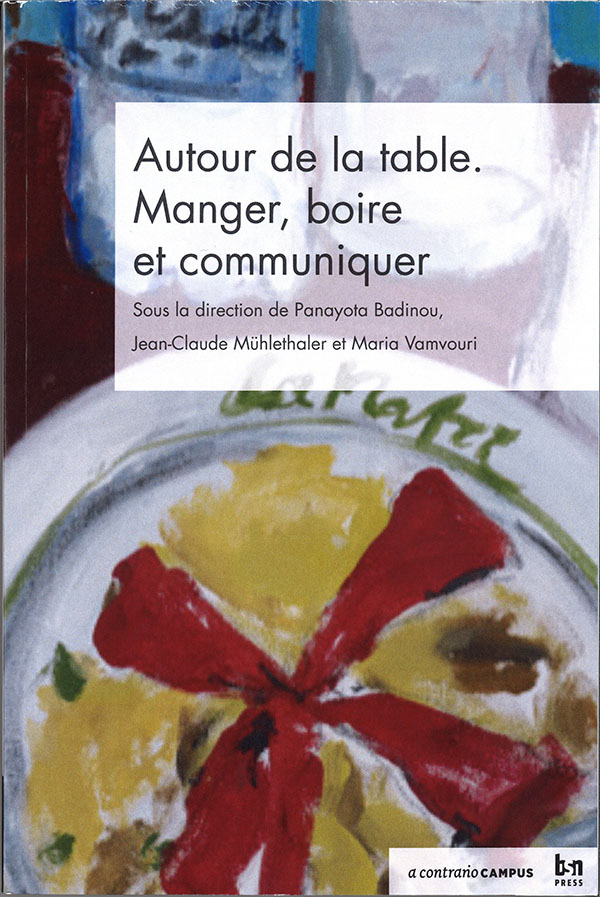 Autour de la table. Manger, boire et communiquer
Autour de la table. Manger, boire et communiquer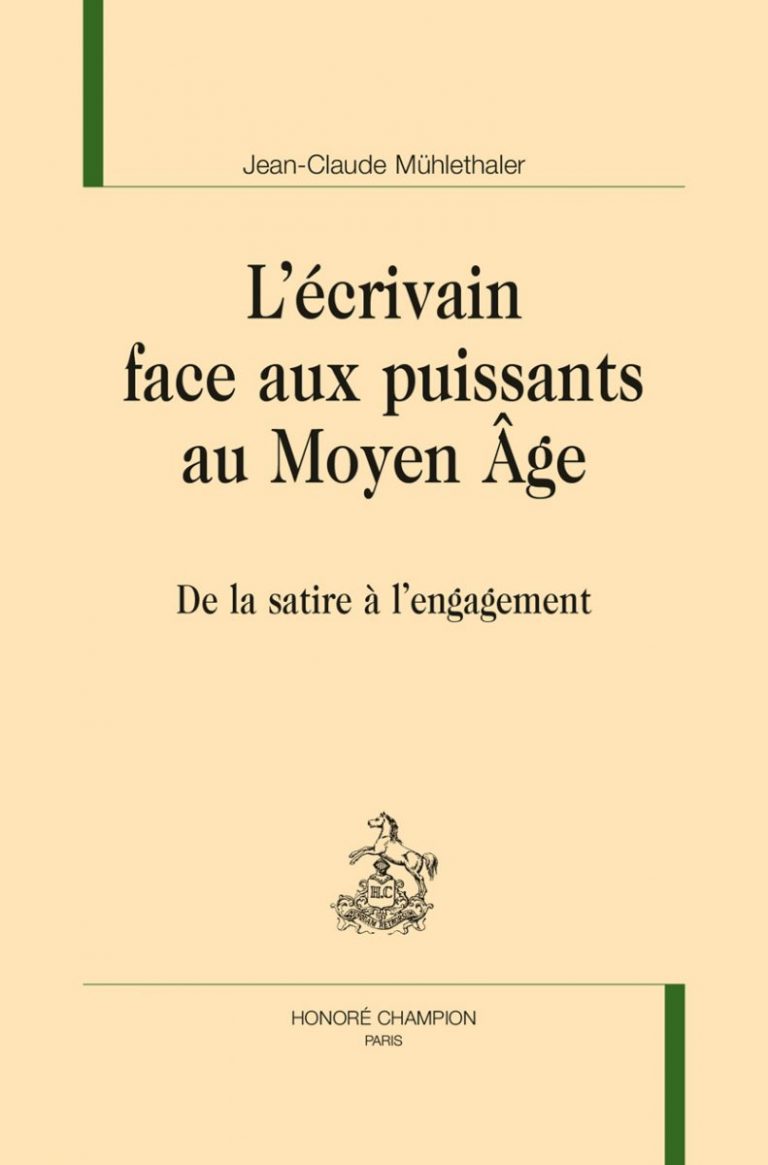 L’écrivain face aux puissants au Moyen Âge. De la satire à l’engagement
L’écrivain face aux puissants au Moyen Âge. De la satire à l’engagement 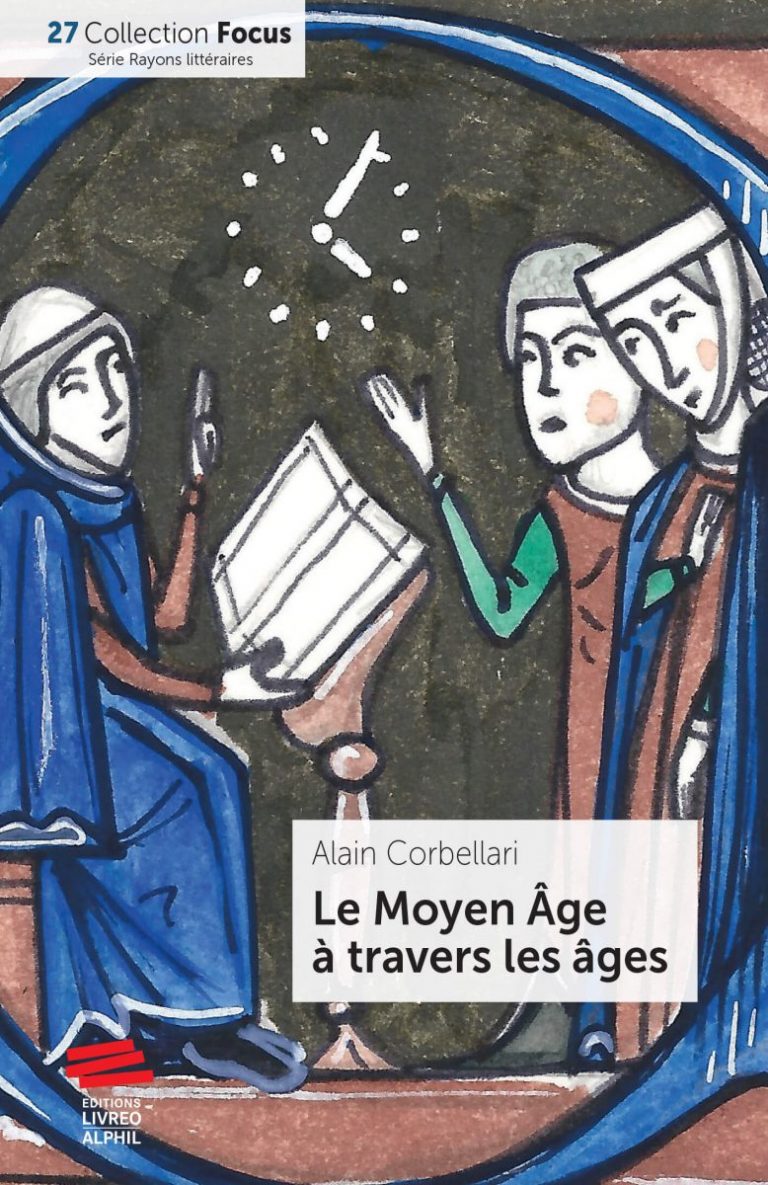 Le Moyen Âge à travers les âges
Le Moyen Âge à travers les âges 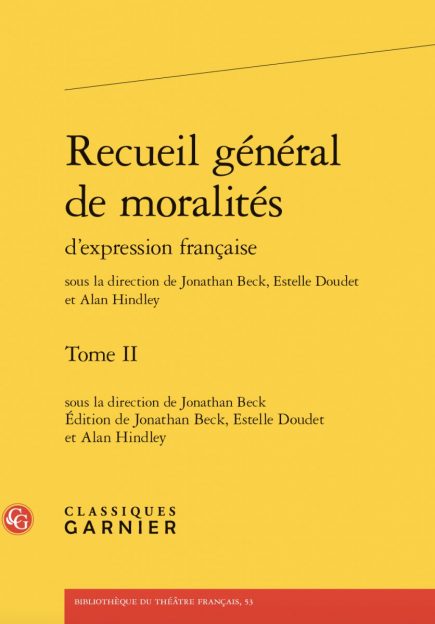 Recueil général de moralités d’expression française
Recueil général de moralités d’expression française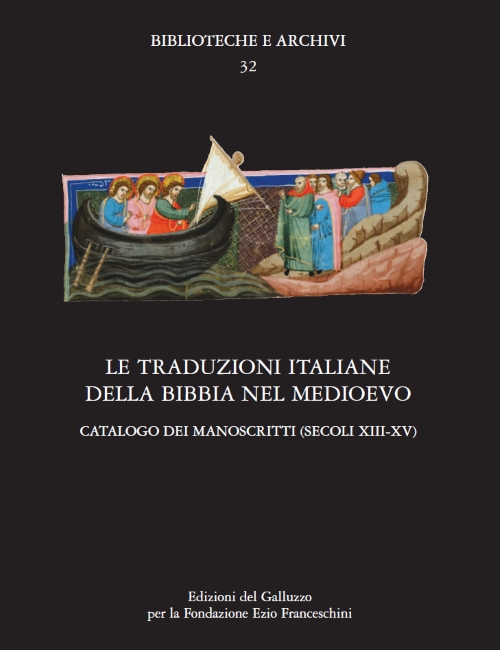 Le traduzioni italiane della Bibbia nel Medioevo. Catalogo dei manoscritti (XIII-XV s.)
Le traduzioni italiane della Bibbia nel Medioevo. Catalogo dei manoscritti (XIII-XV s.) 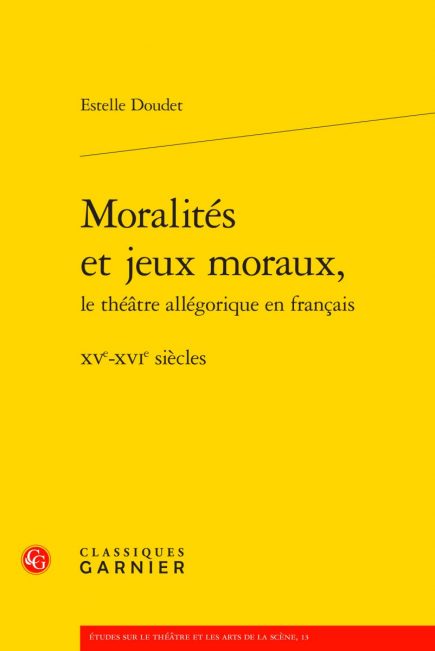 Moralités et jeux moraux, le théâtre allégorique en français, 15e-16e s.
Moralités et jeux moraux, le théâtre allégorique en français, 15e-16e s.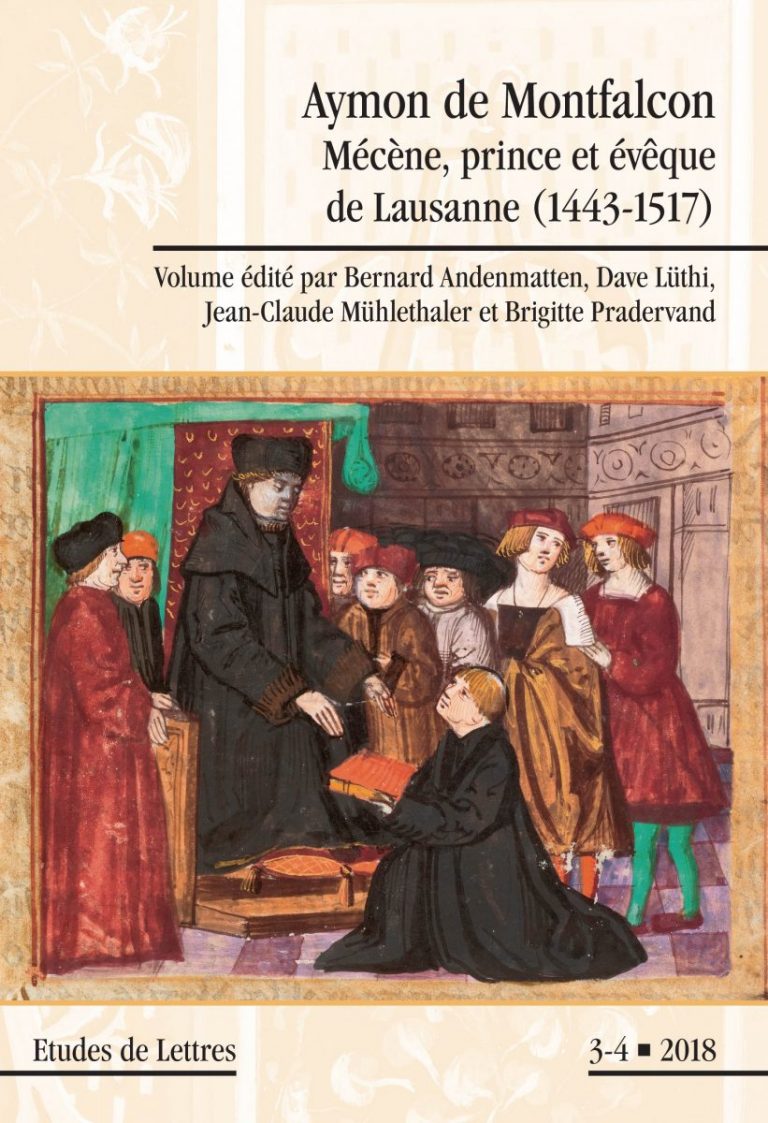 Aymon de Montfalcon. Mécène, prince et évêque de Lausanne (1443-1517)
Aymon de Montfalcon. Mécène, prince et évêque de Lausanne (1443-1517) 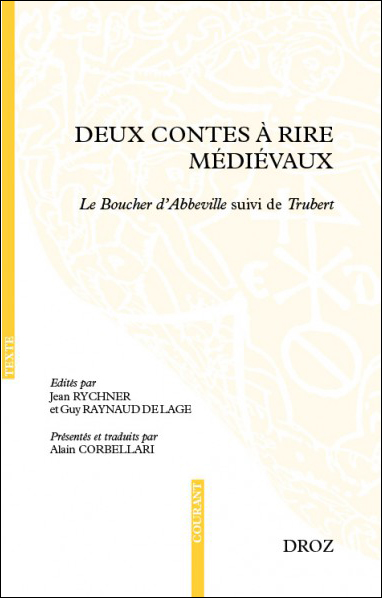 Deux contes à rire médiévaux. « Le Boucher d’Abbeville », suivi de « Trubert »
Deux contes à rire médiévaux. « Le Boucher d’Abbeville », suivi de « Trubert » 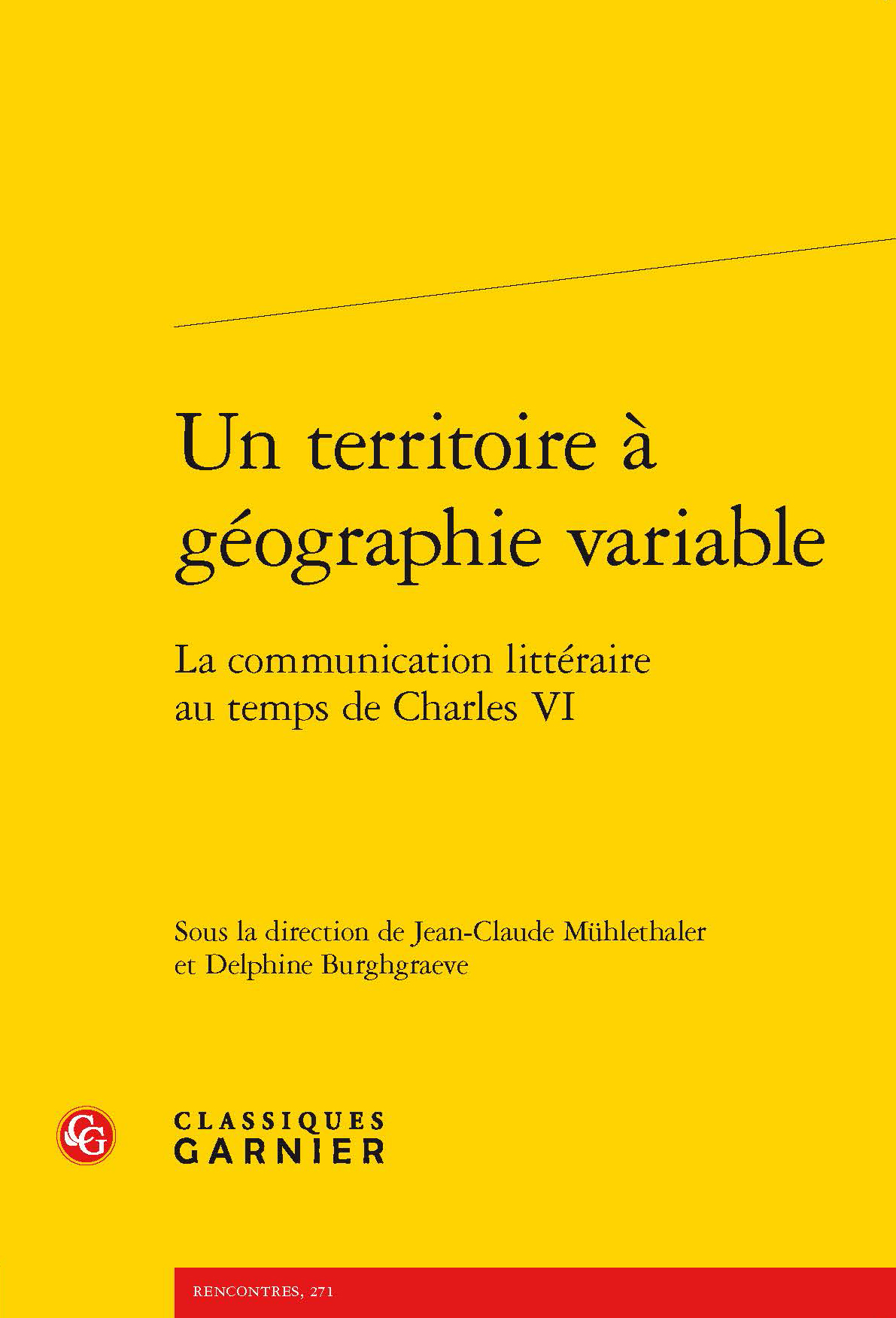
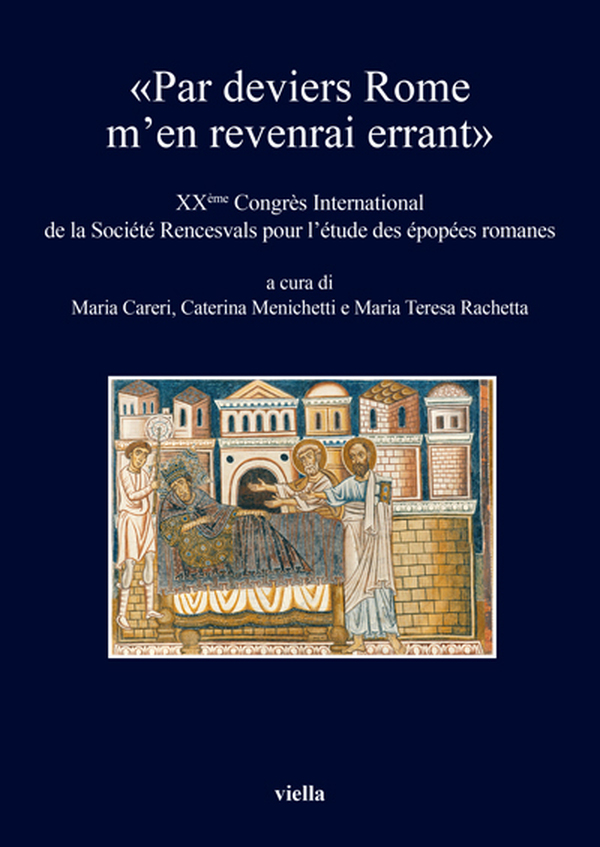 « Par deviers Rome m’en revenrai errant »
« Par deviers Rome m’en revenrai errant »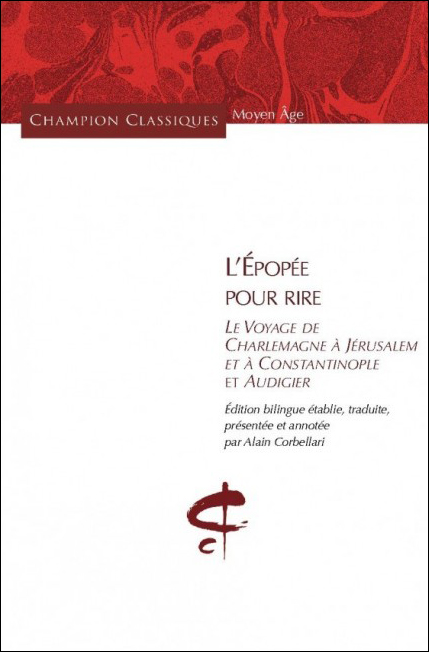 L’Épopée pour rire
L’Épopée pour rire 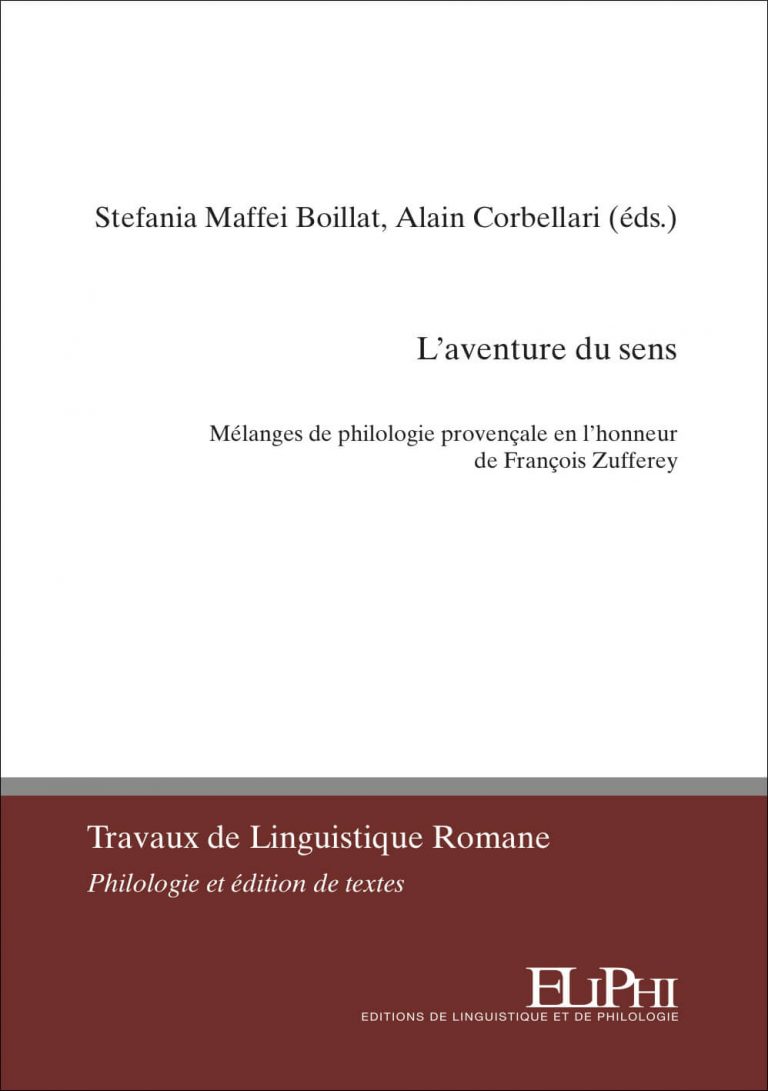 L’Aventure du sens. Mélanges de philologie provençale en l’honneur de François Zufferey
L’Aventure du sens. Mélanges de philologie provençale en l’honneur de François Zufferey 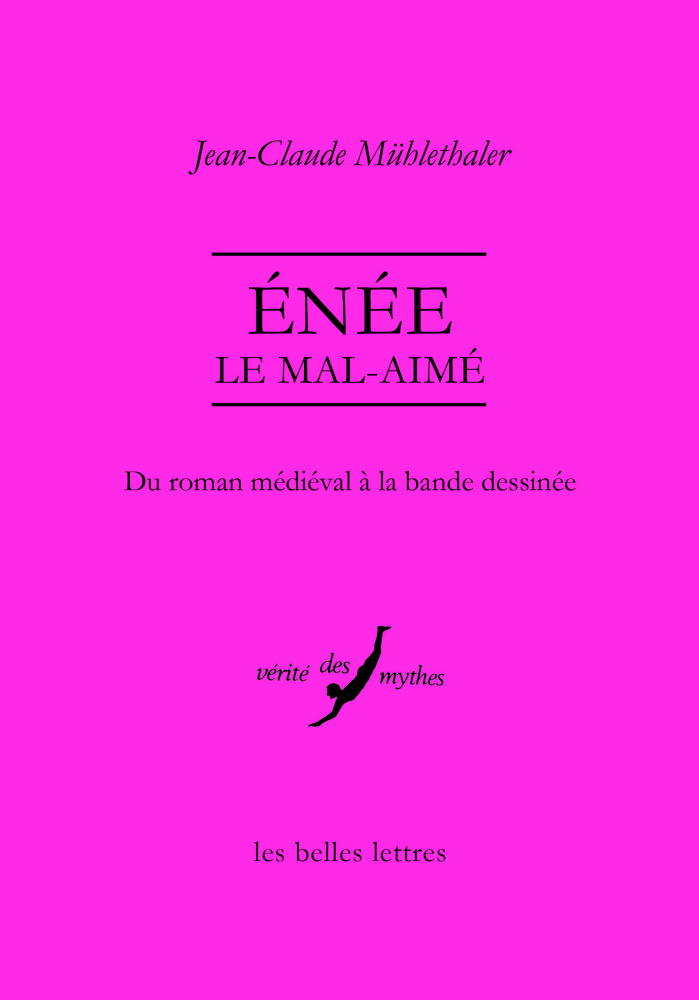 Énée le mal aimé. Du roman médiéval à la bande dessinée
Énée le mal aimé. Du roman médiéval à la bande dessinée  Des fabliaux et des hommes. Narration brève et matérialisme au Moyen Age
Des fabliaux et des hommes. Narration brève et matérialisme au Moyen Age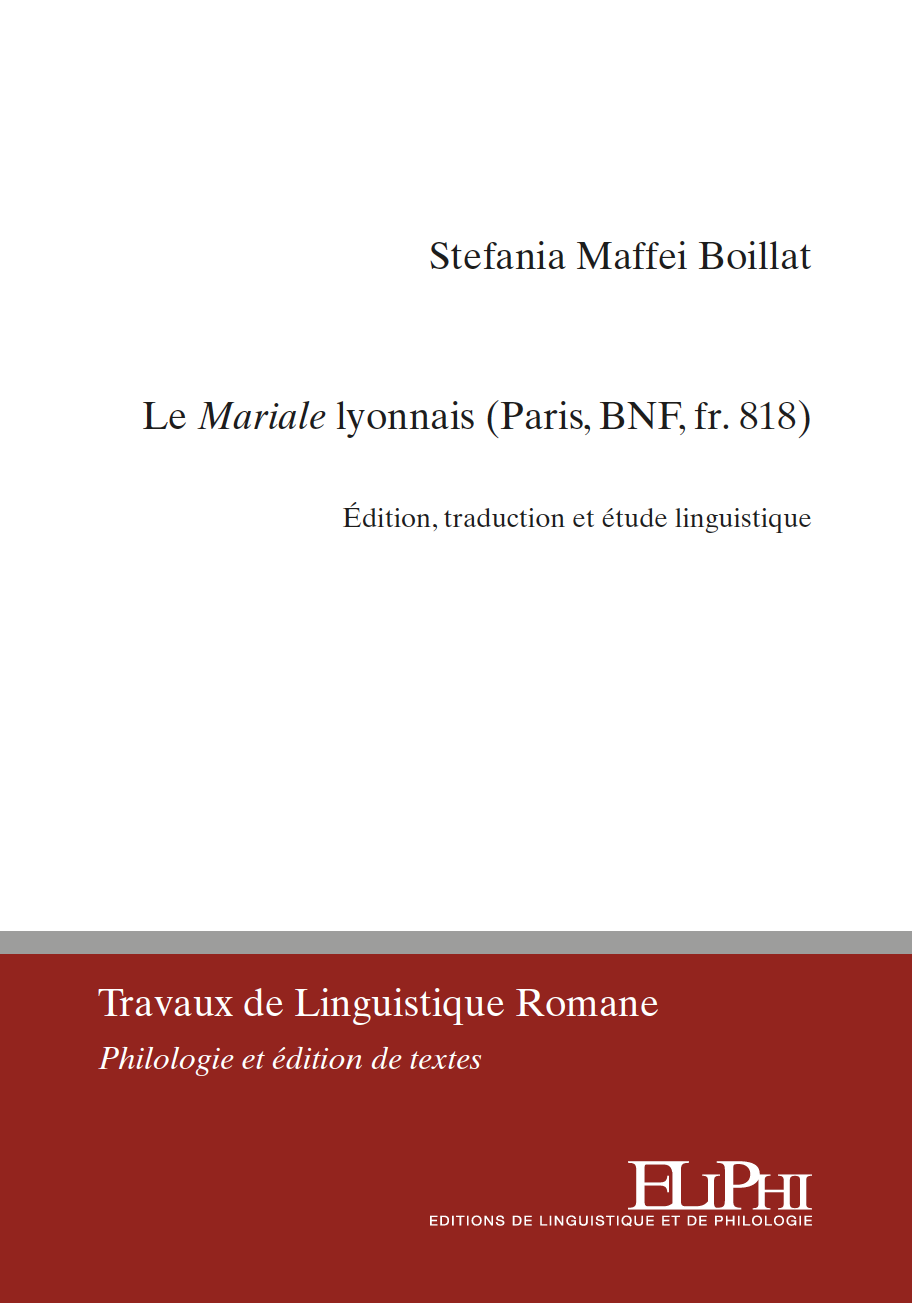 Le Mariale lyonnais (Paris, BNF, fr. 818). Édition, traduction et étude linguistique
Le Mariale lyonnais (Paris, BNF, fr. 818). Édition, traduction et étude linguistique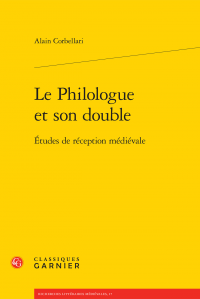 Le Philologue et son double. Études de réception médiévale
Le Philologue et son double. Études de réception médiévale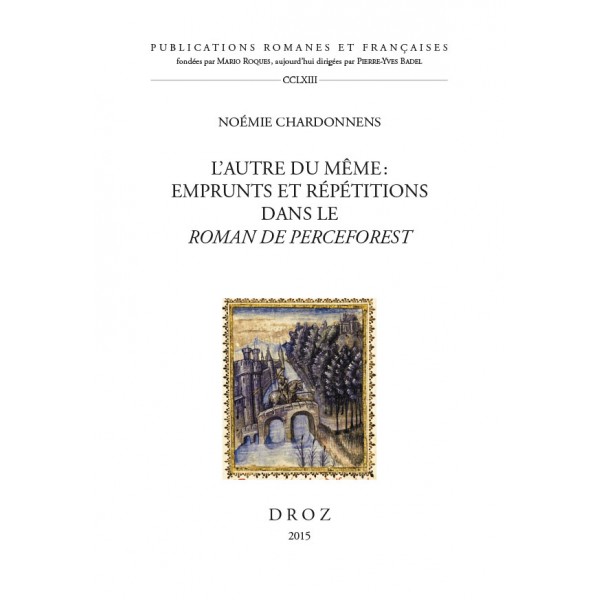 L'autre du même: emprunts et répétitions dans le Roman de Perceforest
L'autre du même: emprunts et répétitions dans le Roman de Perceforest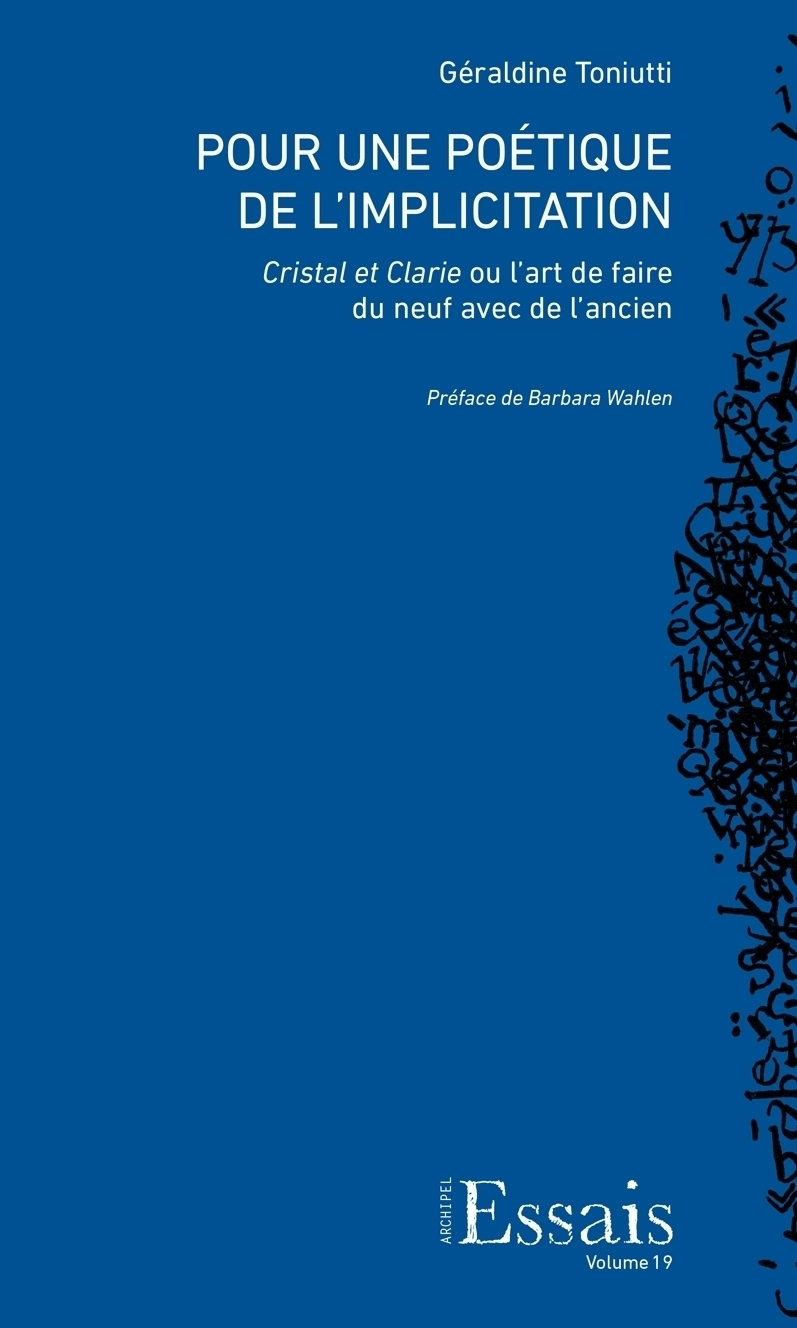 Pour une poétique de l'implicitation. "Cristal et Clarie" ou l'art de faire du neuf avec de l'ancien
Pour une poétique de l'implicitation. "Cristal et Clarie" ou l'art de faire du neuf avec de l'ancien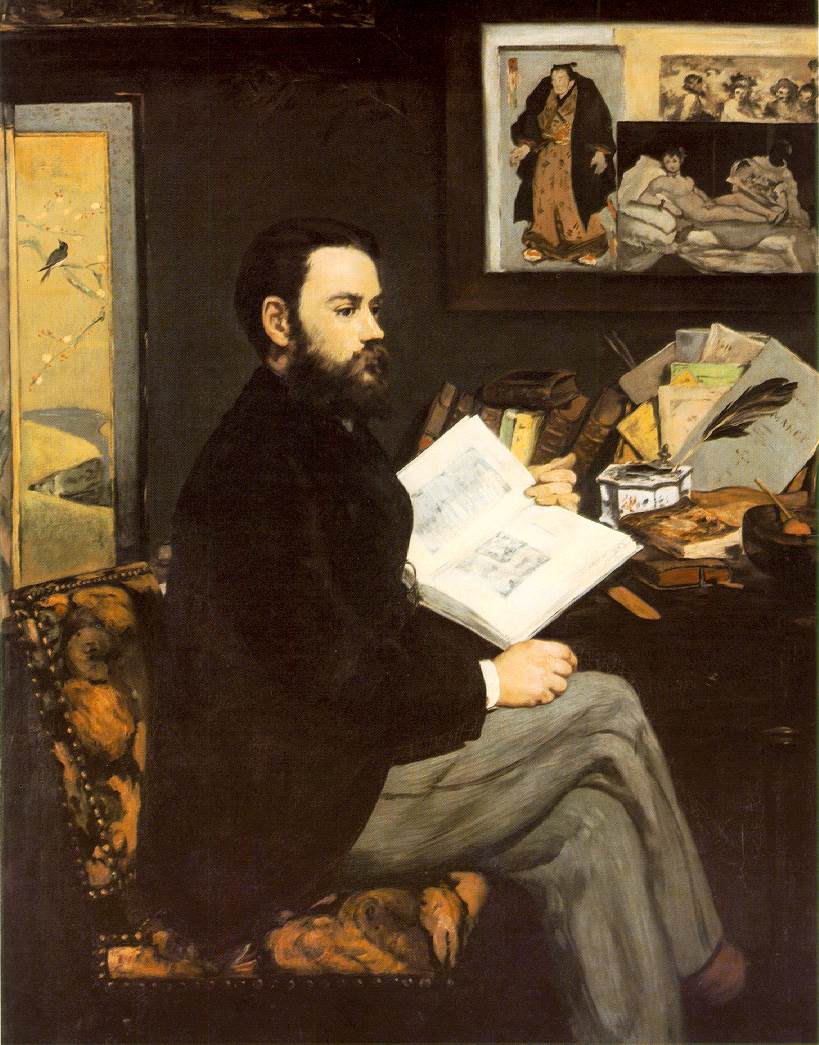
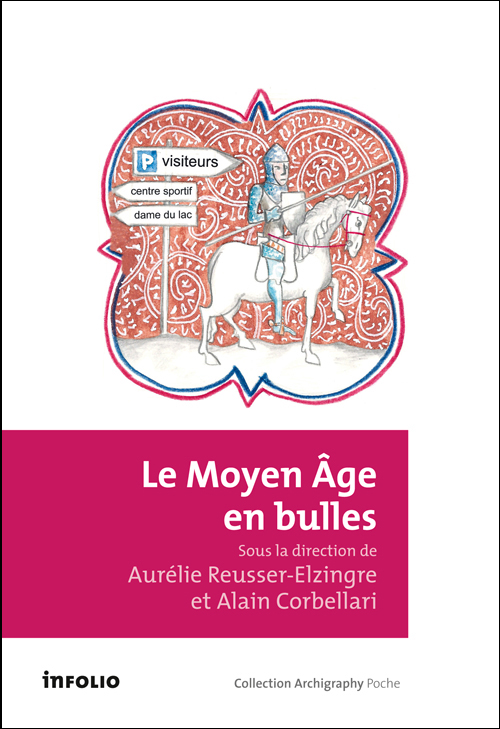 Le Moyen Âge en bulles
Le Moyen Âge en bulles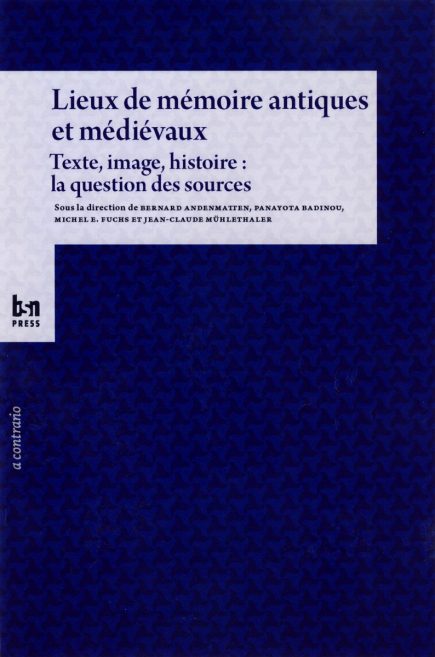 Lieux de mémoire antiques et médiévaux. Texte, image, histoire: la question des sources
Lieux de mémoire antiques et médiévaux. Texte, image, histoire: la question des sources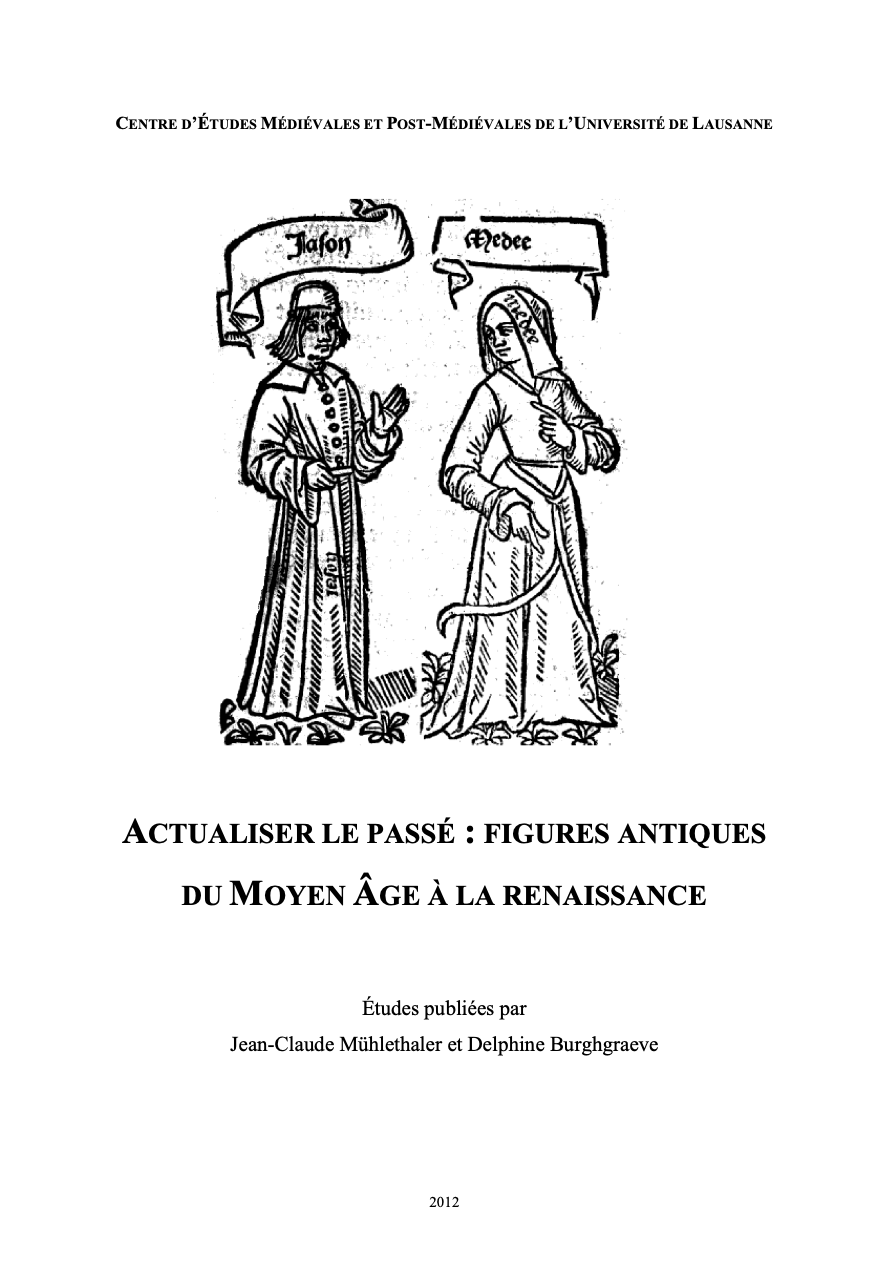 Actualiser le passé: figures antiques du Moyen Âge à la Renaissance
Actualiser le passé: figures antiques du Moyen Âge à la Renaissance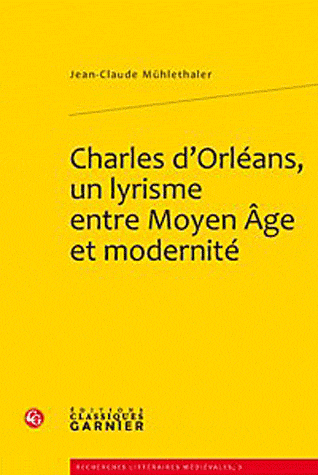 Charles d'Orléans, un lyrisme entre Moyen Âge et modernité
Charles d'Orléans, un lyrisme entre Moyen Âge et modernité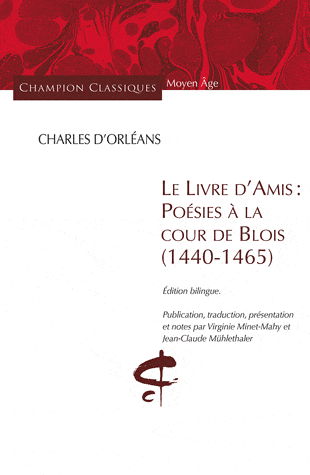 Charles d'Orléans, Le livre d'amis: poésies à la cour de Blois (1440-1465). Edition bilingue.
Charles d'Orléans, Le livre d'amis: poésies à la cour de Blois (1440-1465). Edition bilingue.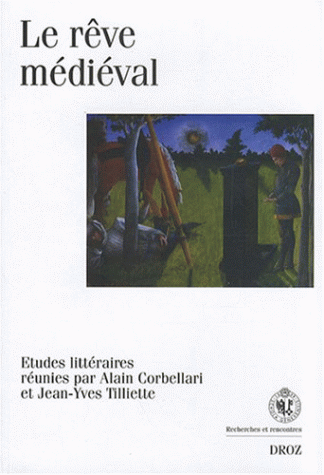
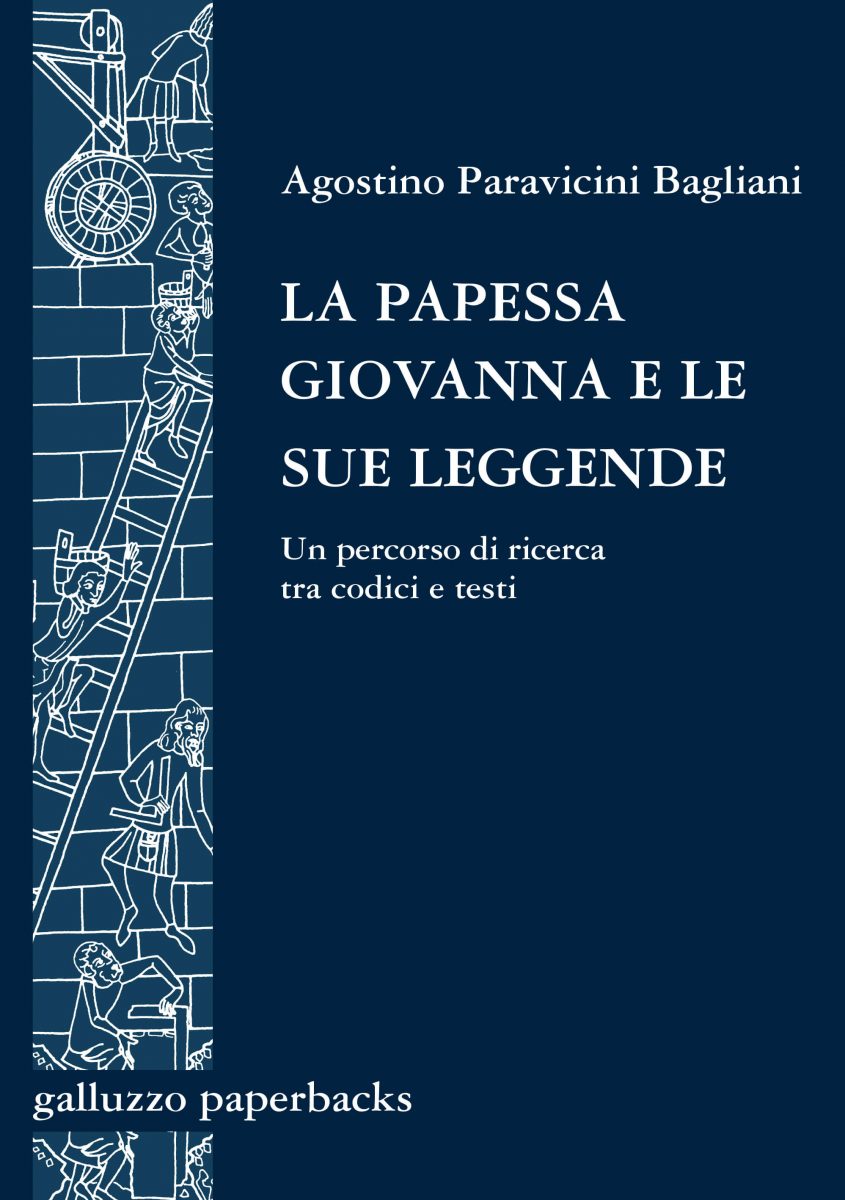 La Papessa Giovanna e le sue leggende. Un percorso di ricerca tra codici e testi
La Papessa Giovanna e le sue leggende. Un percorso di ricerca tra codici e testi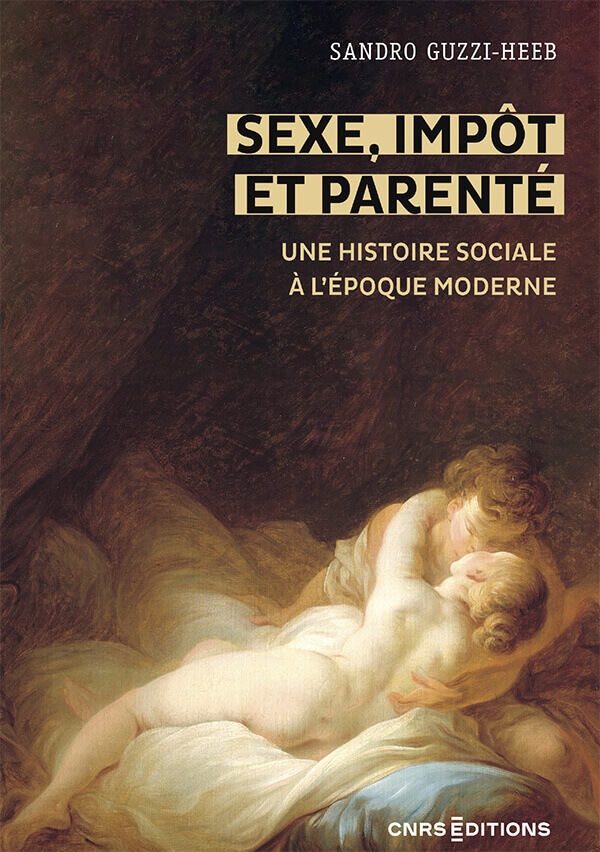 Sexe, impôt et parenté. Une histoire sociale à l’époque moderne, 1450-1850
Sexe, impôt et parenté. Une histoire sociale à l’époque moderne, 1450-1850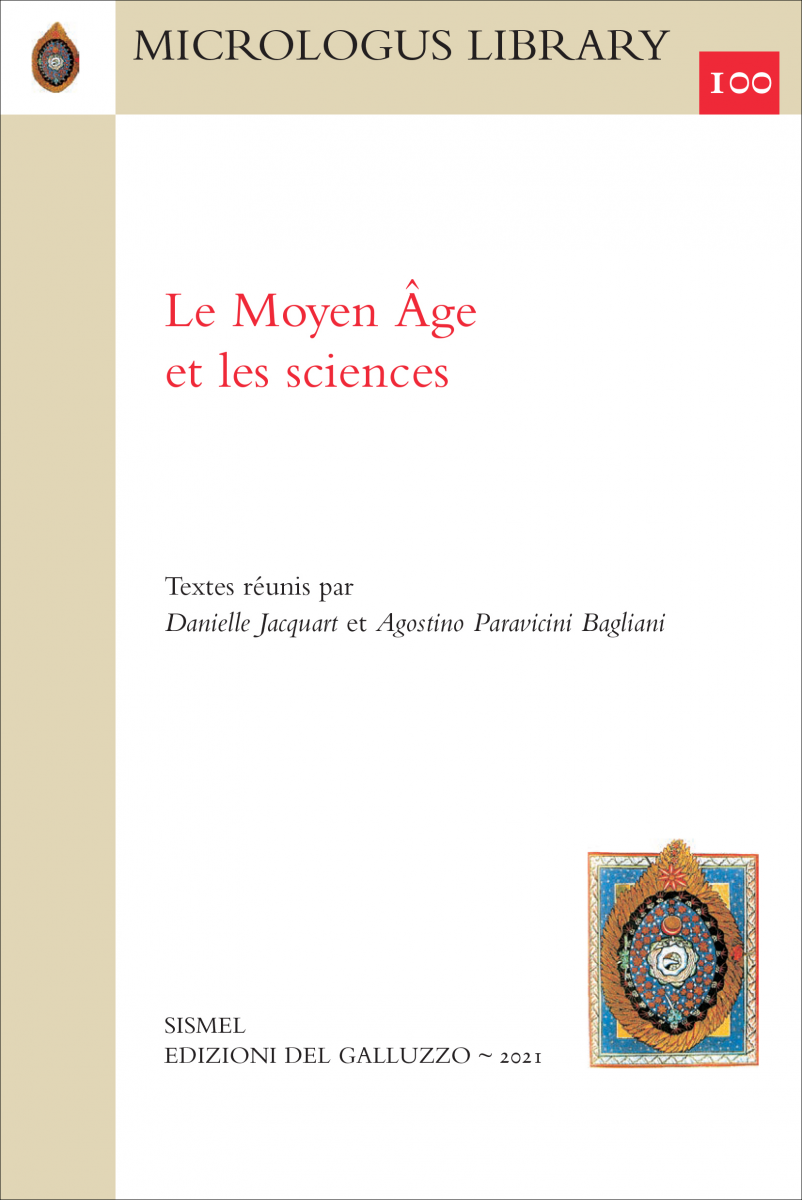 Le Moyen Âge et les sciences
Le Moyen Âge et les sciences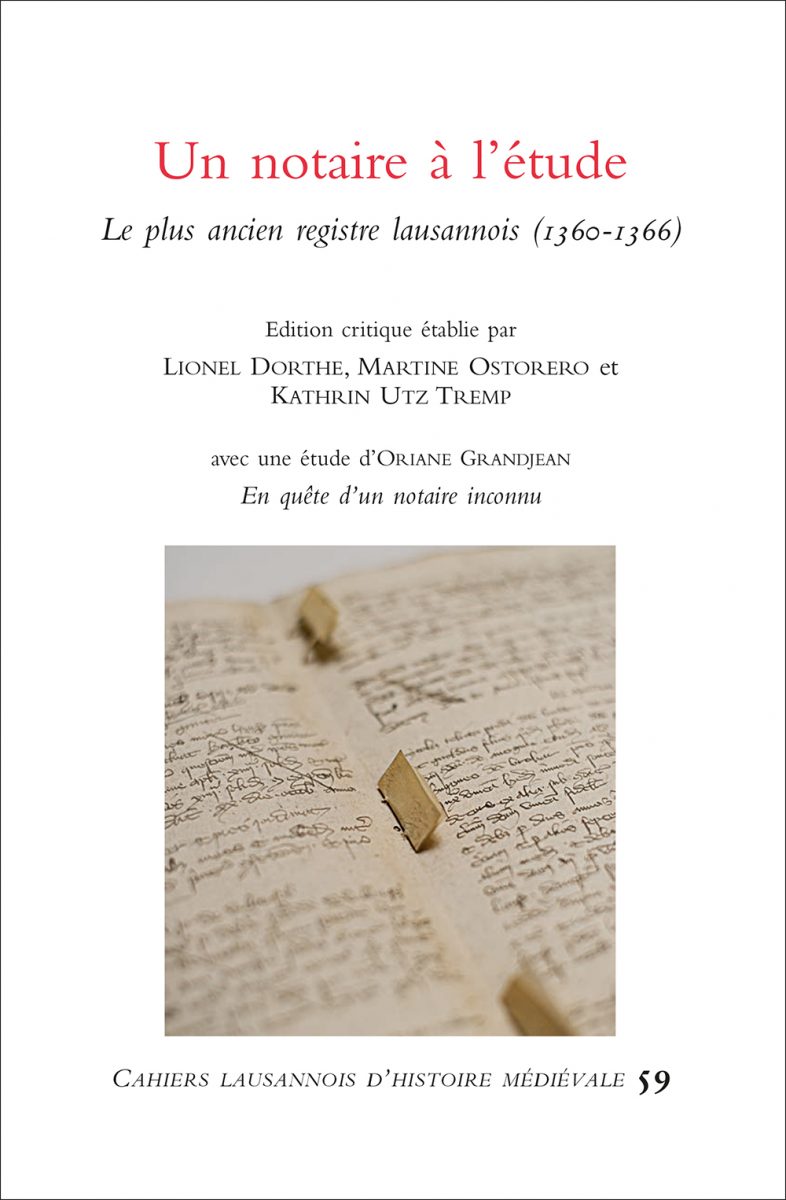 Un notaire à l'étude. Le plus ancien registre lausannois (1360-1366)
Un notaire à l'étude. Le plus ancien registre lausannois (1360-1366)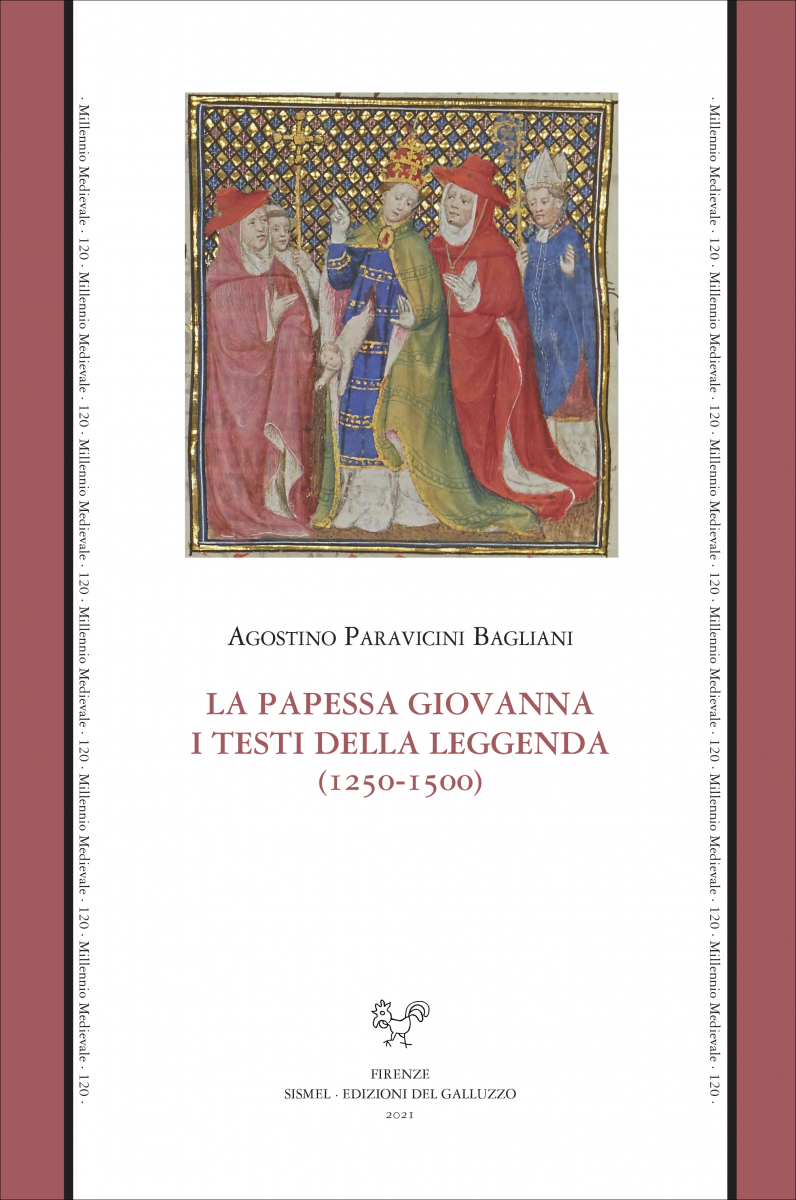
 La Papessa Giovanna. I testi della leggenda (1250-1500)
La Papessa Giovanna. I testi della leggenda (1250-1500) Othon Ier de Grandson (vers 1240-1328). Le parcours exceptionnel d’un grand seigneur vaudois
Othon Ier de Grandson (vers 1240-1328). Le parcours exceptionnel d’un grand seigneur vaudois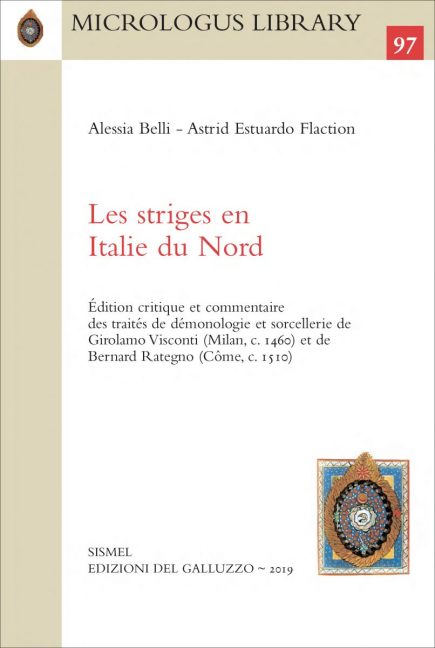 Les striges en Italie du Nord
Les striges en Italie du Nord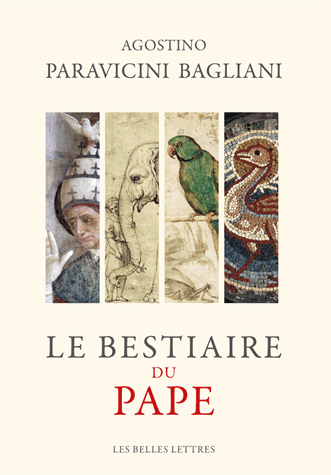
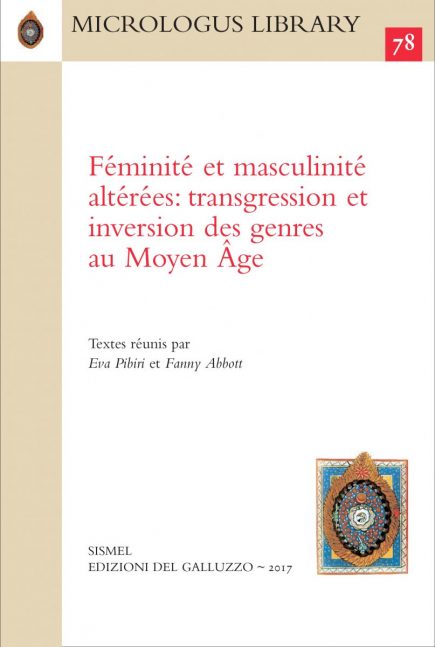
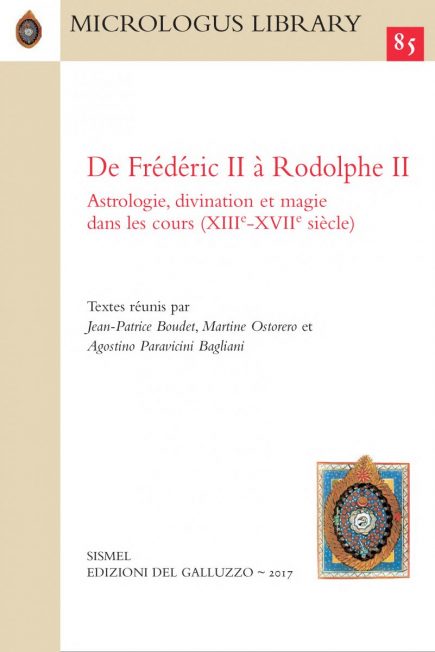 De Frédéric II à Rodolphe II : astrologie, divination et magie dans les cours (XIIIe-XVIIe siècle)
De Frédéric II à Rodolphe II : astrologie, divination et magie dans les cours (XIIIe-XVIIe siècle)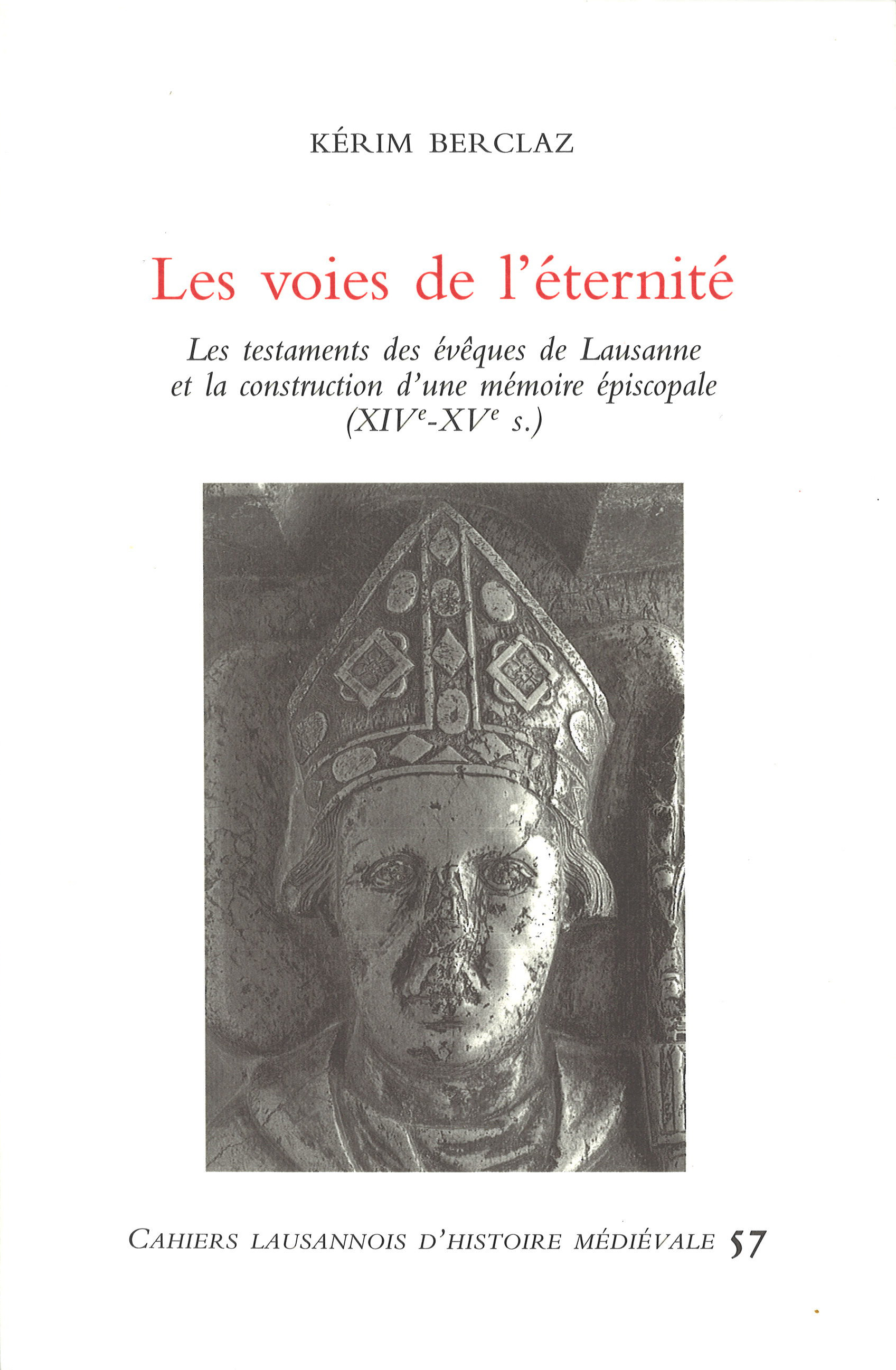
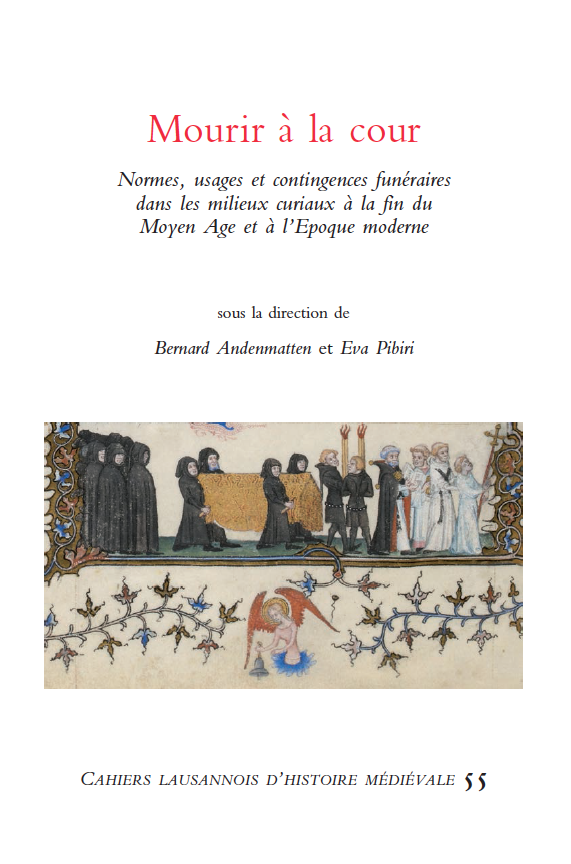
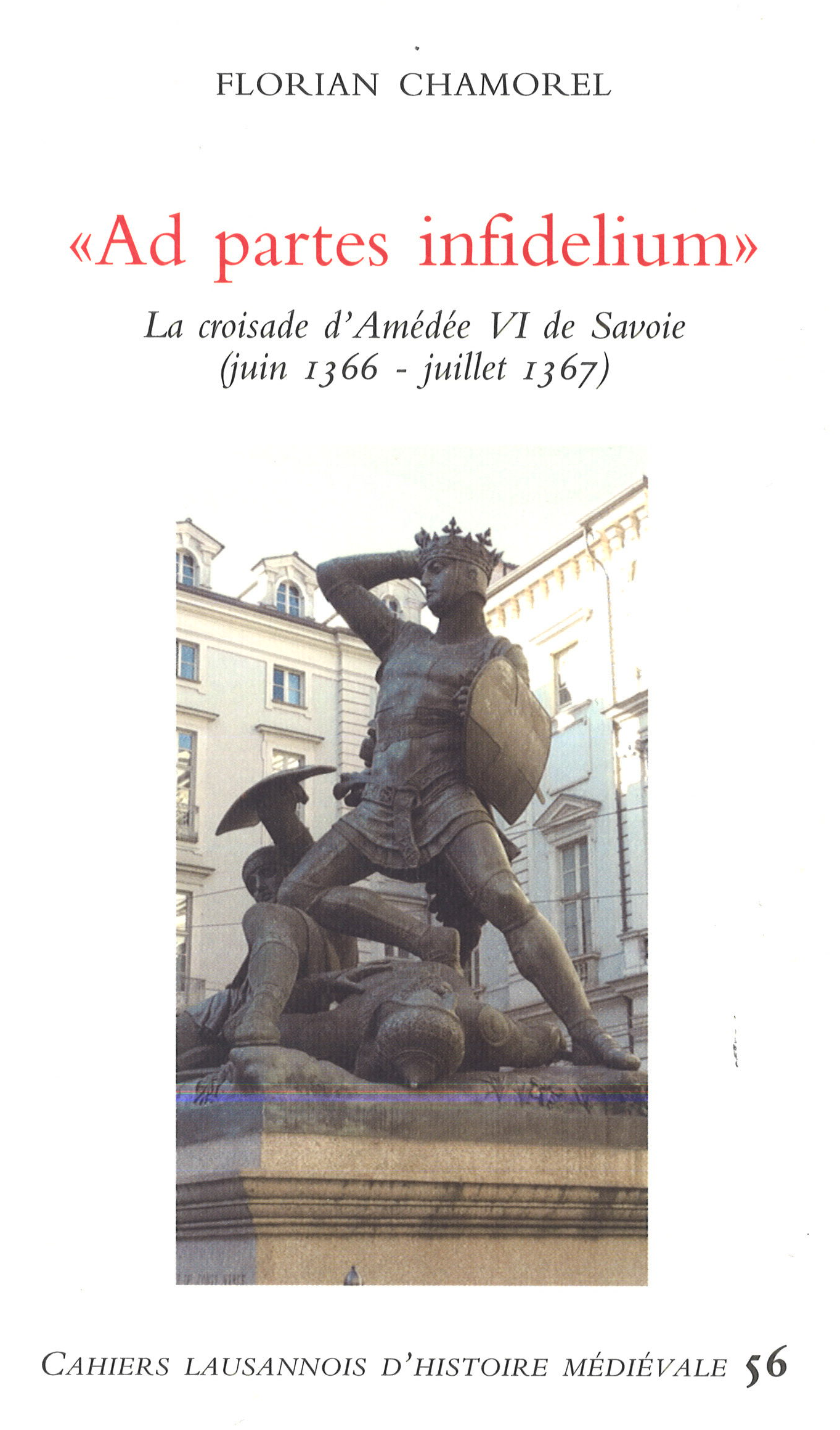
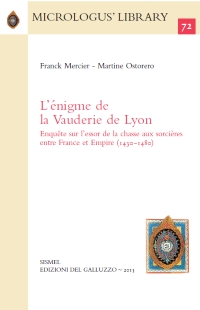
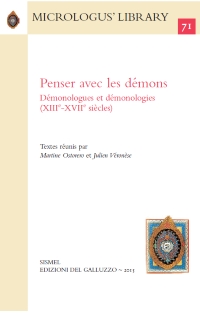
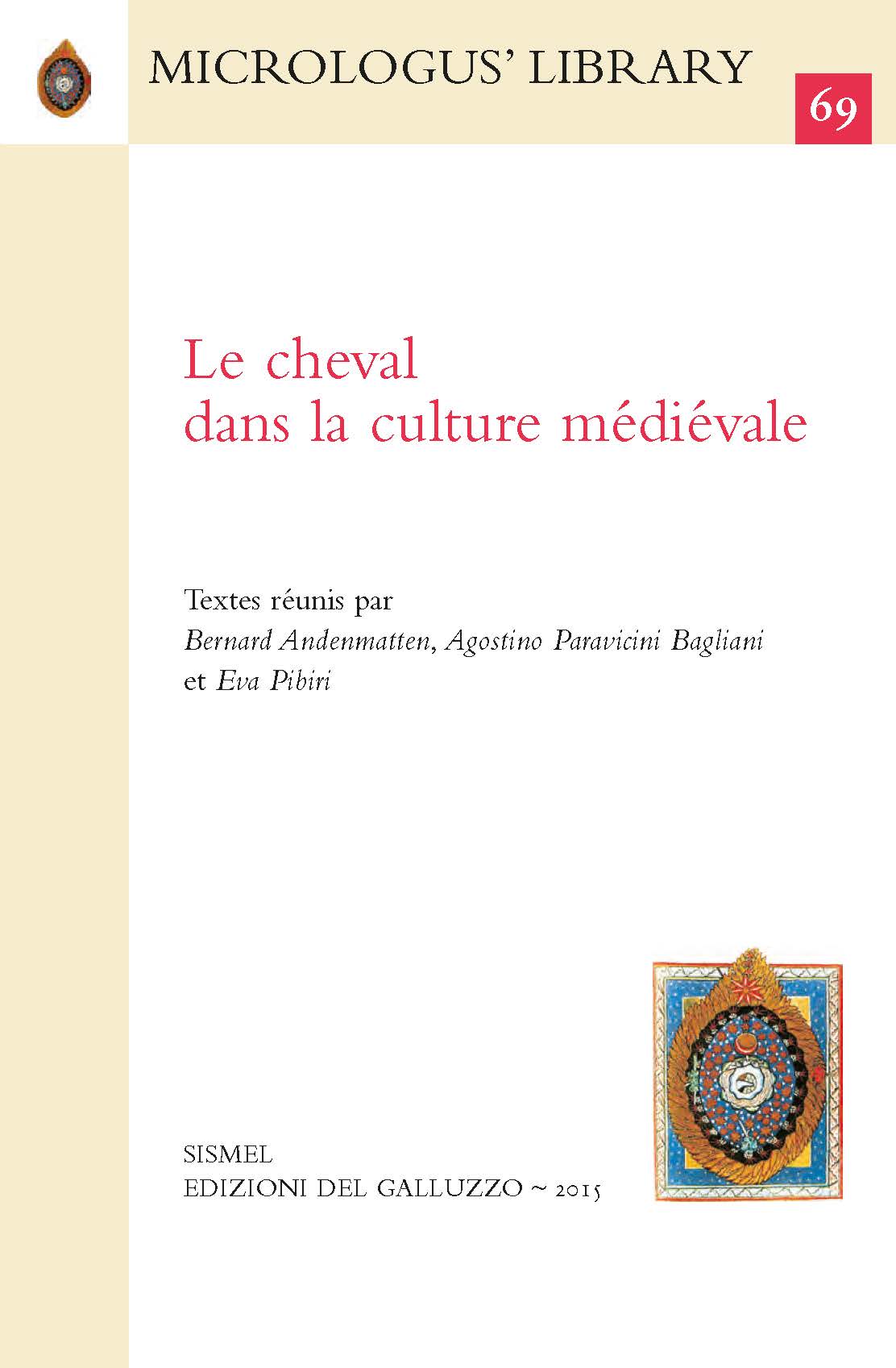
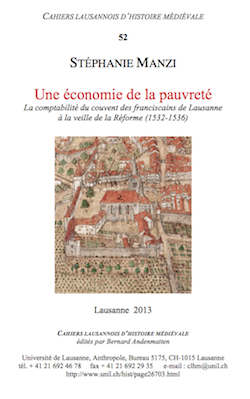
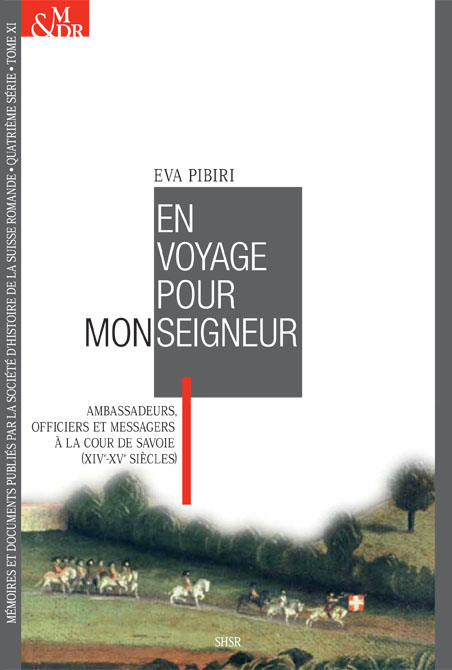 En voyage pour Monseigneur. Ambassadeurs, officiers et messagers à la cour de Savoie (XIVe-XVe siècles)
En voyage pour Monseigneur. Ambassadeurs, officiers et messagers à la cour de Savoie (XIVe-XVe siècles)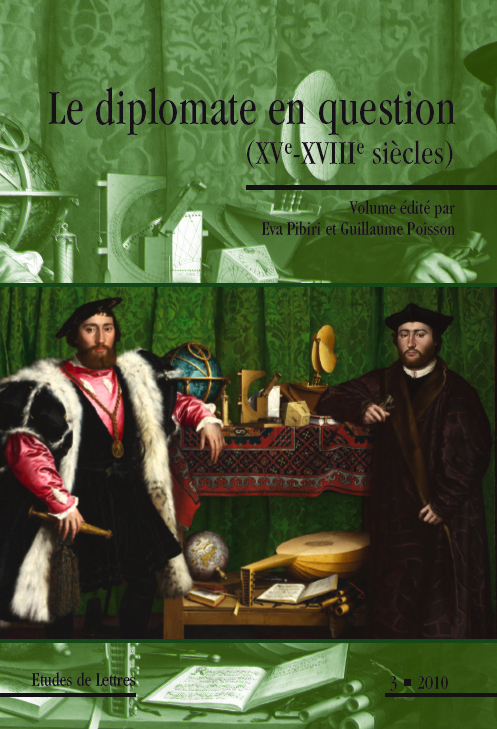 Le diplomate en question (XVe-XVIIIe siècles)
Le diplomate en question (XVe-XVIIIe siècles)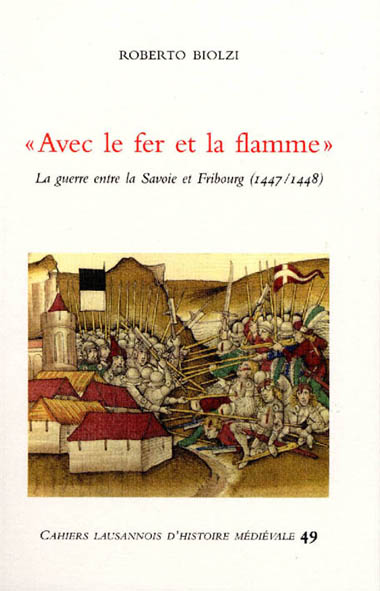
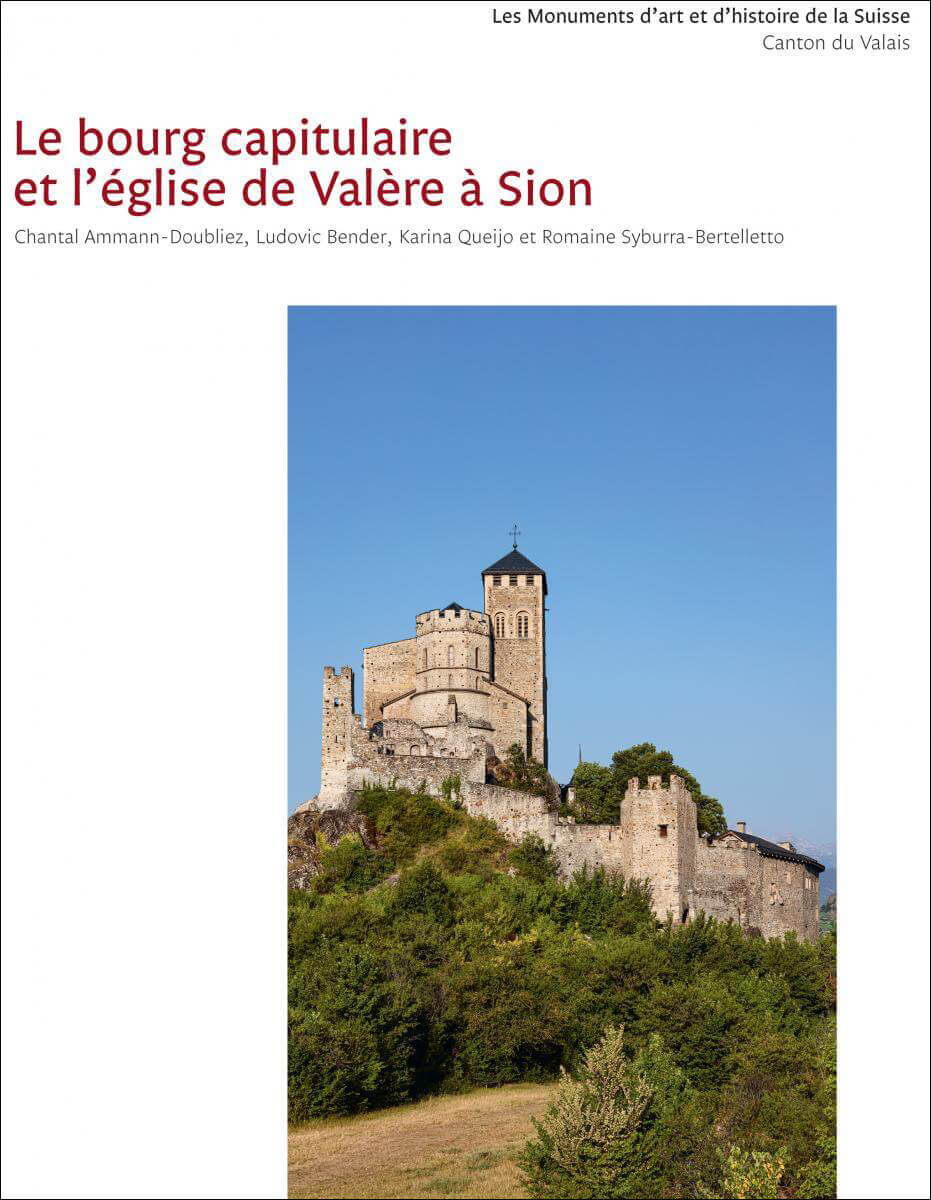 Les Monuments d’art et d’histoire du canton du Valais VIII. Le bourg capitulaire et l’église de Valère à Sion
Les Monuments d’art et d’histoire du canton du Valais VIII. Le bourg capitulaire et l’église de Valère à Sion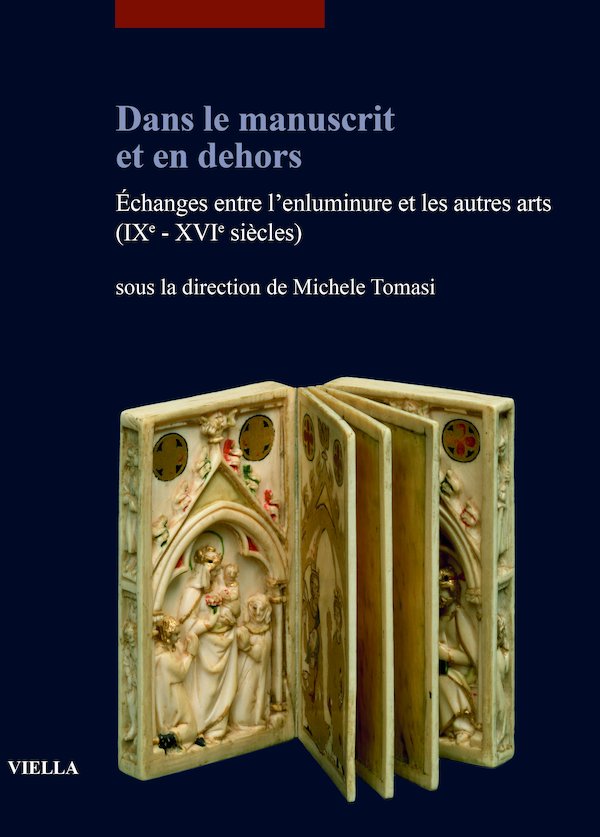 Dans le manuscrit et en dehors. Échanges entre l’enluminure et les autres arts (IXe-XVIe siècles)
Dans le manuscrit et en dehors. Échanges entre l’enluminure et les autres arts (IXe-XVIe siècles)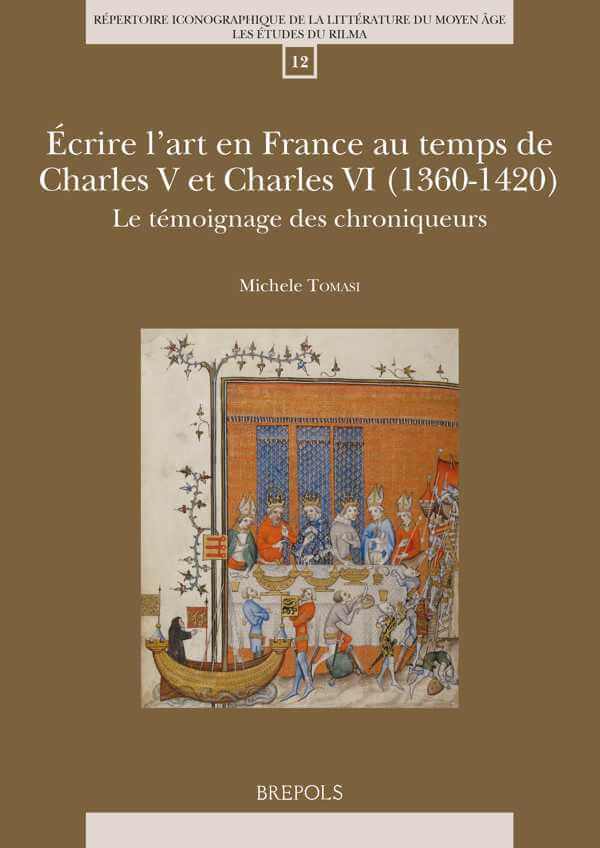 Écrire l’art en France au temps de Charles V et Charles VI (1360-1420). Le témoignage des chroniqueurs
Écrire l’art en France au temps de Charles V et Charles VI (1360-1420). Le témoignage des chroniqueurs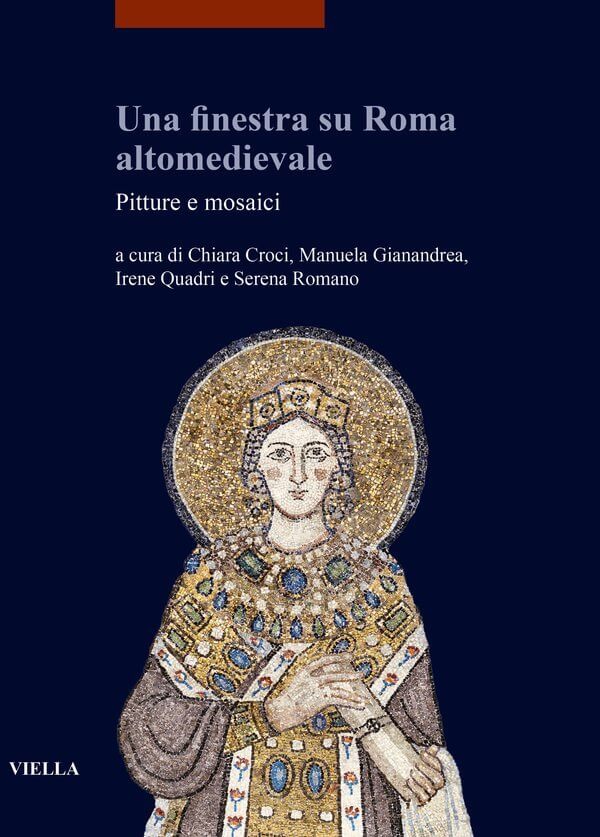 Una finestra su Roma altomedievale. Pitture e mosaici
Una finestra su Roma altomedievale. Pitture e mosaici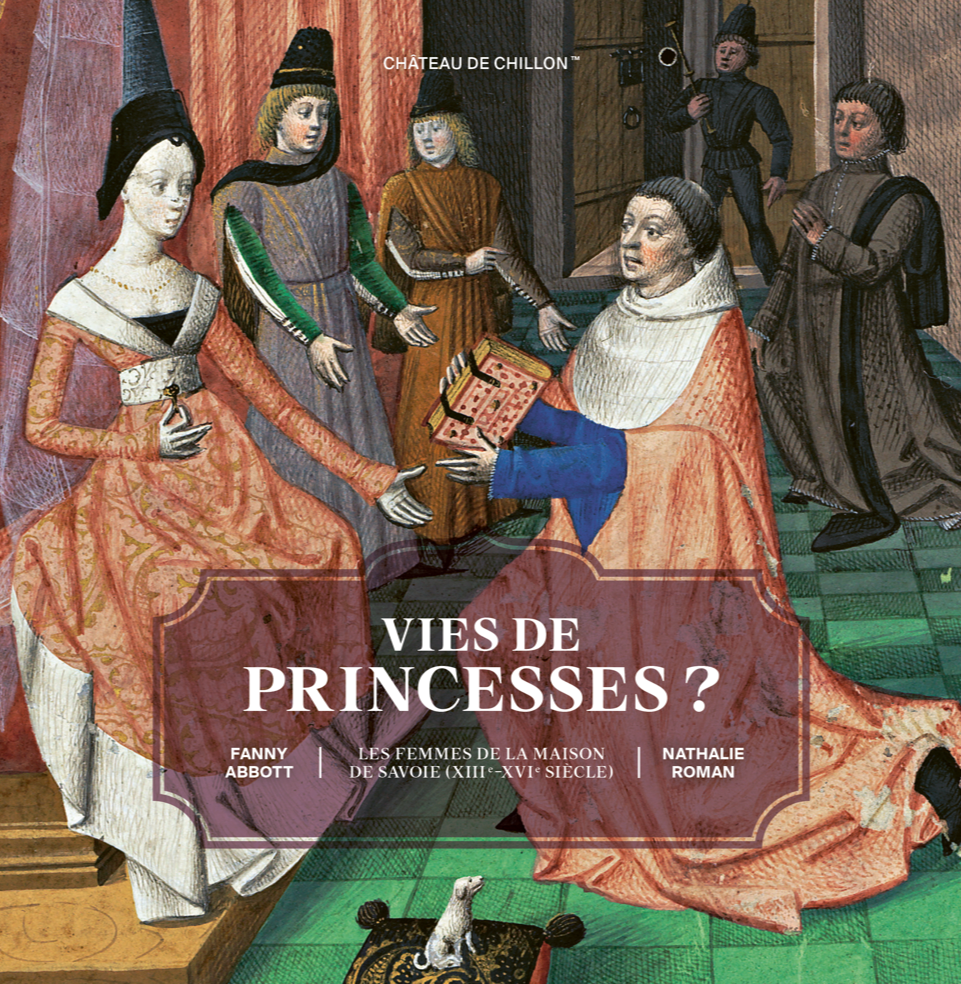 Vies de princesses ? Les femmes de la Maison de Savoie (XIIIe-XVIe siècle)
Vies de princesses ? Les femmes de la Maison de Savoie (XIIIe-XVIe siècle)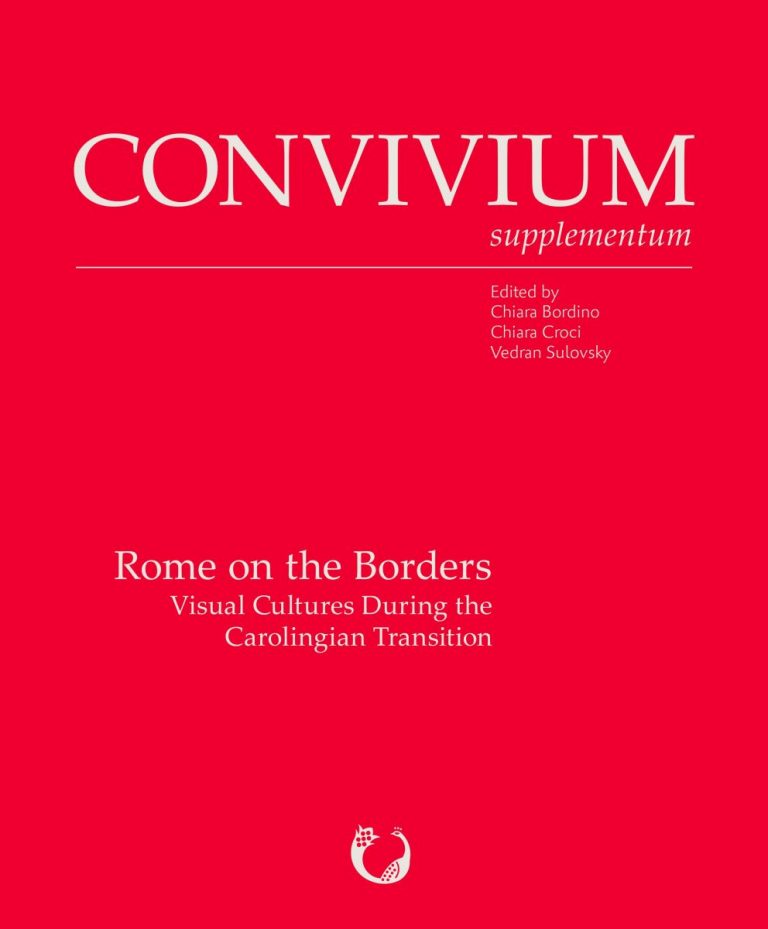 Rome on the Borders. Visual Cultures during the Carolingian Transition
Rome on the Borders. Visual Cultures during the Carolingian Transition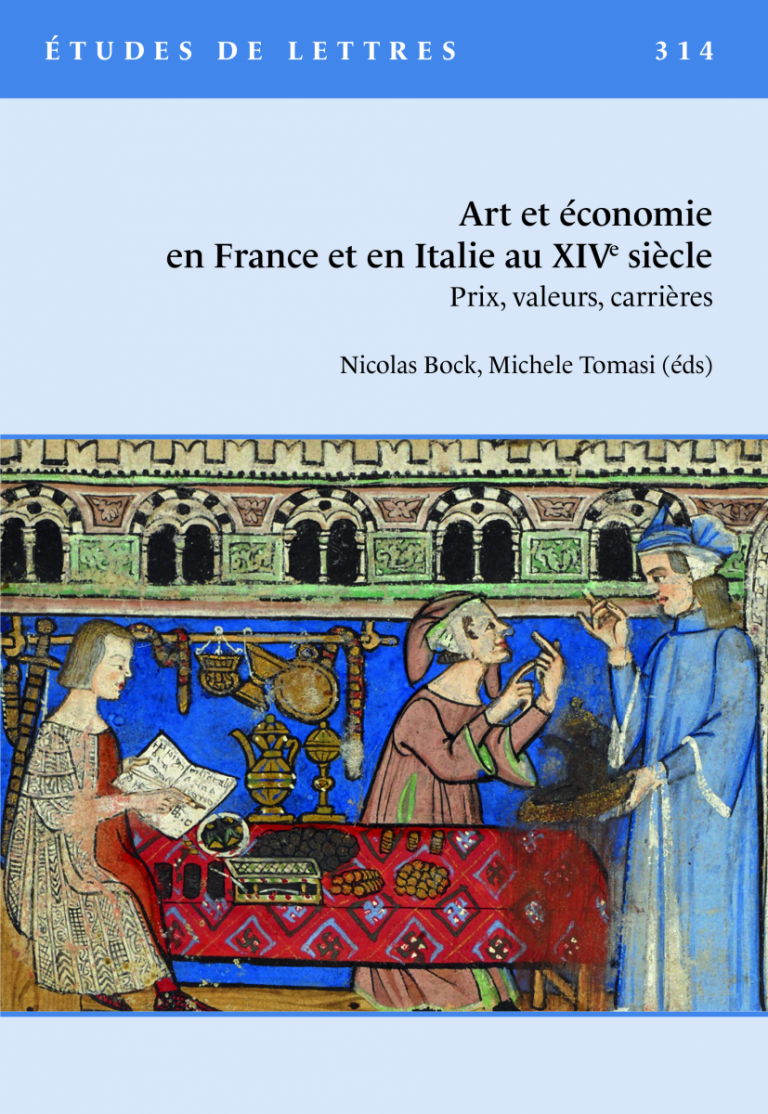 Art et économie en France et en Italie au XVIe siècle. Prix, valeurs, carrières
Art et économie en France et en Italie au XVIe siècle. Prix, valeurs, carrières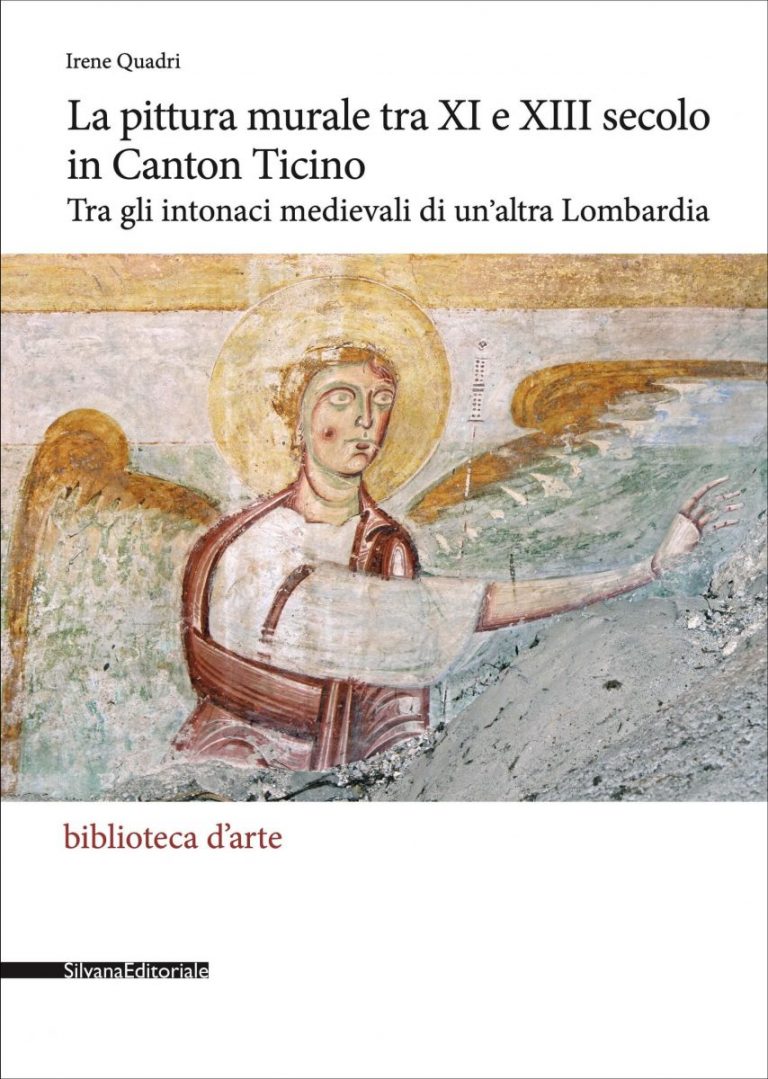 La pittura murale tra XI e XIII secolo in Canton Ticino. Tra gli intonaci medievali di un’altra Lombardia
La pittura murale tra XI e XIII secolo in Canton Ticino. Tra gli intonaci medievali di un’altra Lombardia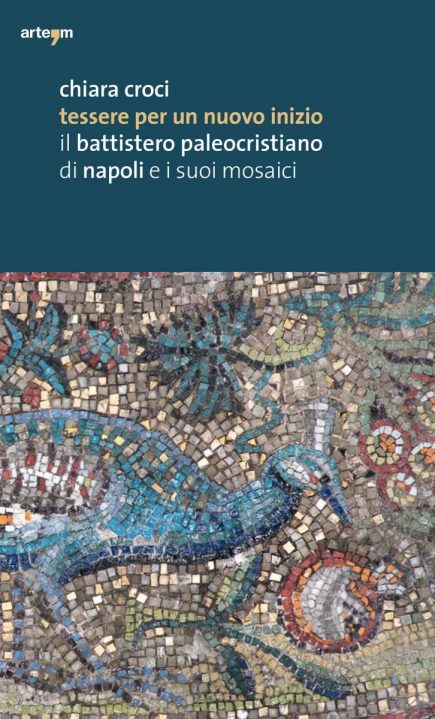 Tessere per un nuovo inizio. Il battistero paleocristiano di Napoli e i suoi mosaici
Tessere per un nuovo inizio. Il battistero paleocristiano di Napoli e i suoi mosaici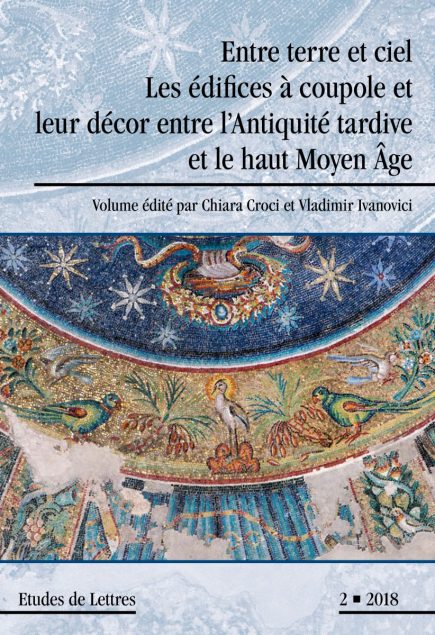 Entre terre et ciel. Les édifices à coupole et leur décor entre l’Antiquité tardive et le haut Moyen Âge
Entre terre et ciel. Les édifices à coupole et leur décor entre l’Antiquité tardive et le haut Moyen Âge 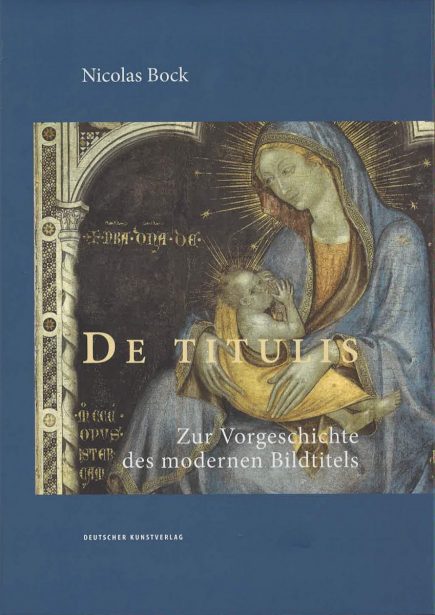 De Titulis. Zur Vorgeschichte des modernen Bildtitels
De Titulis. Zur Vorgeschichte des modernen Bildtitels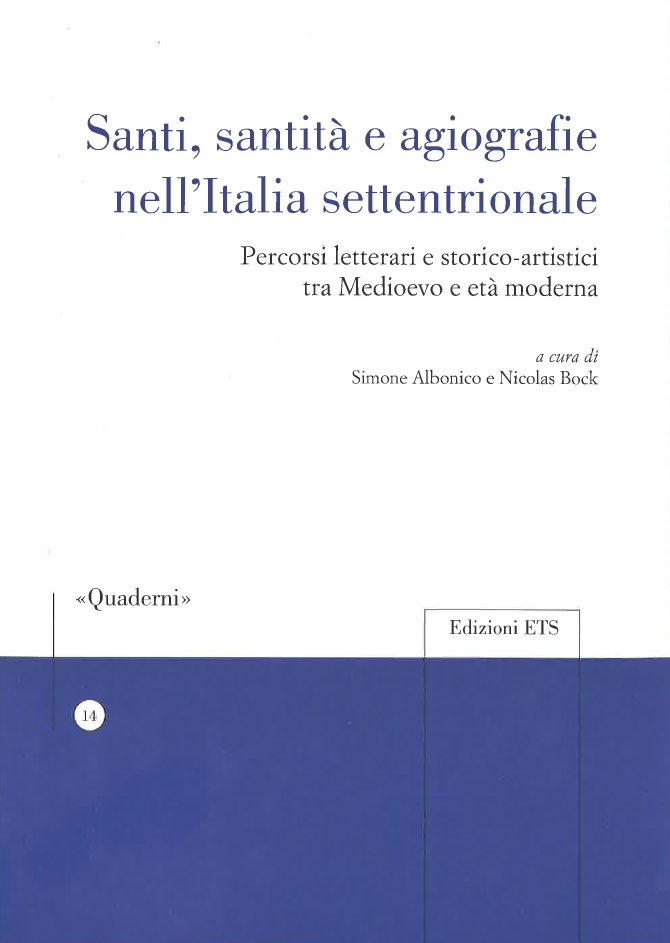
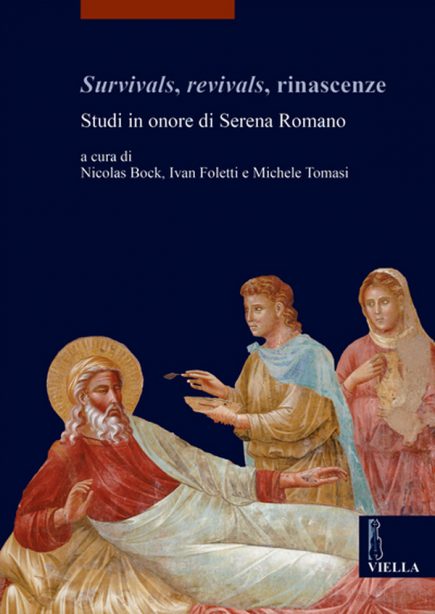 Survivals, revivals, rinascenze. Studi in onore di Serena Romano
Survivals, revivals, rinascenze. Studi in onore di Serena Romano 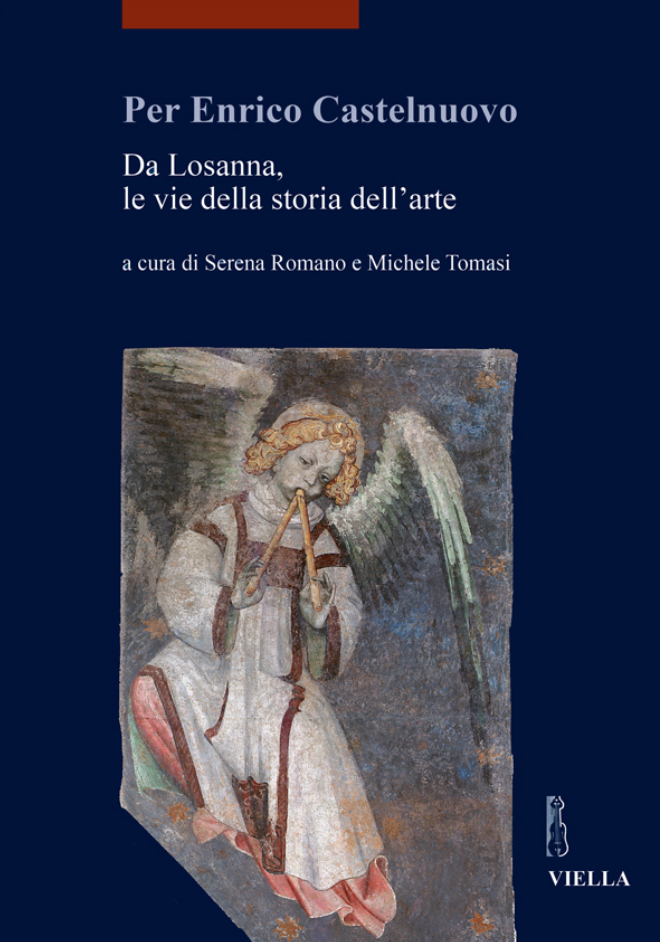
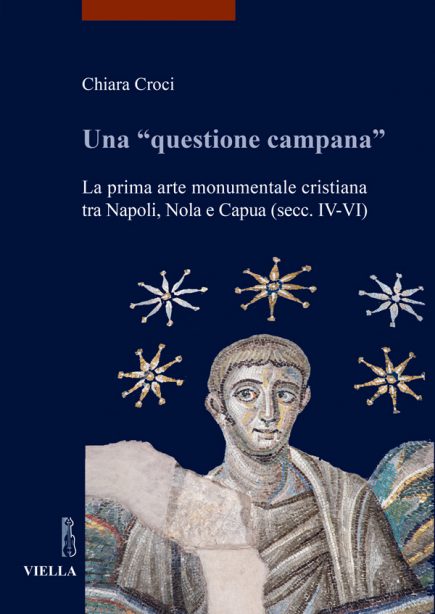 Una “questione campana”. La prima arte monumentale cristiana tra Napoli, Nola e Capua (secc. IV-VI)
Una “questione campana”. La prima arte monumentale cristiana tra Napoli, Nola e Capua (secc. IV-VI)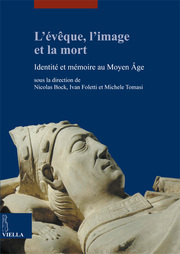
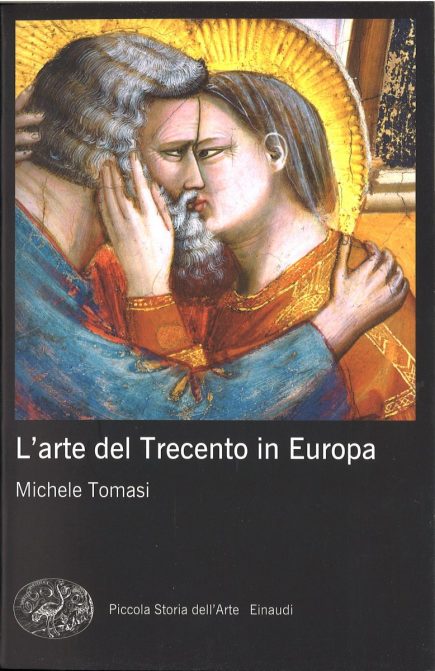 L’arte del Trecento in Europa
L’arte del Trecento in Europa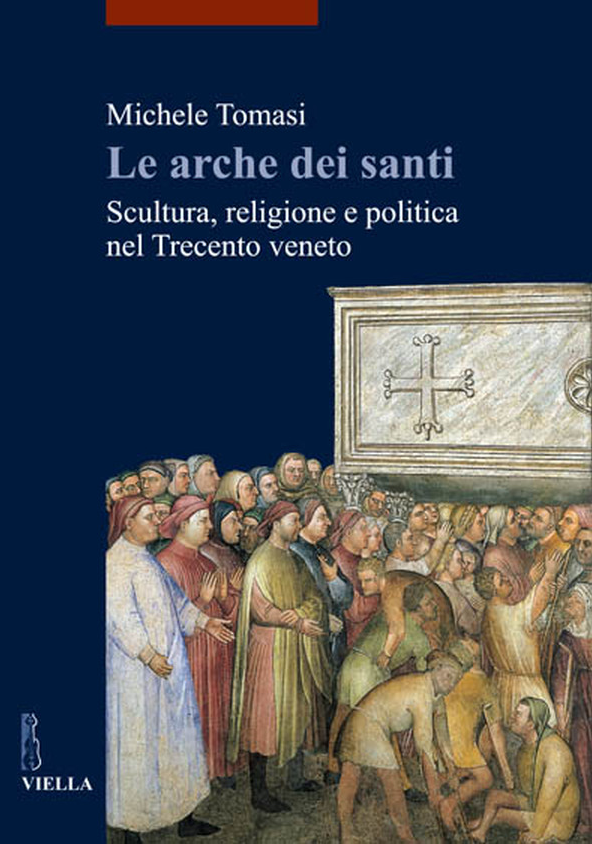
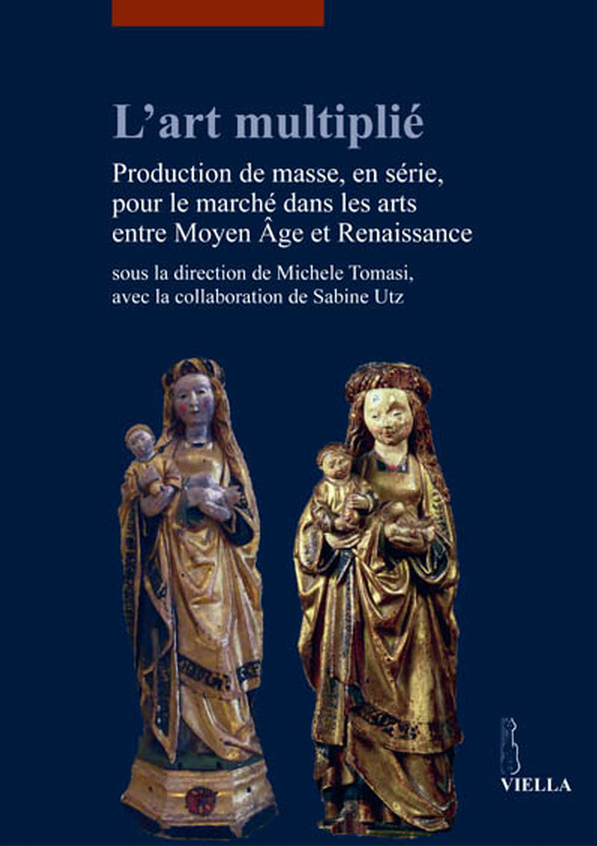
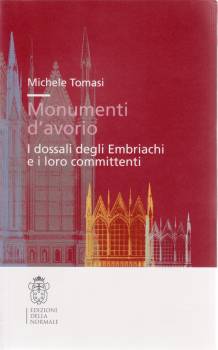 onumenti d'avorio. I dossali degli Embriachi e i loro committenti
onumenti d'avorio. I dossali degli Embriachi e i loro committenti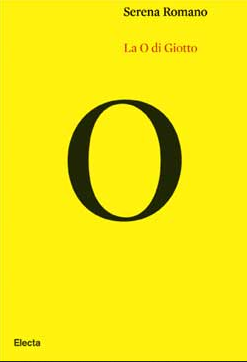
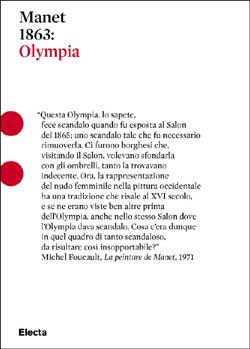
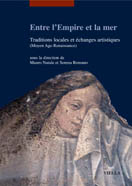
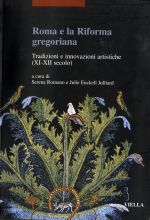
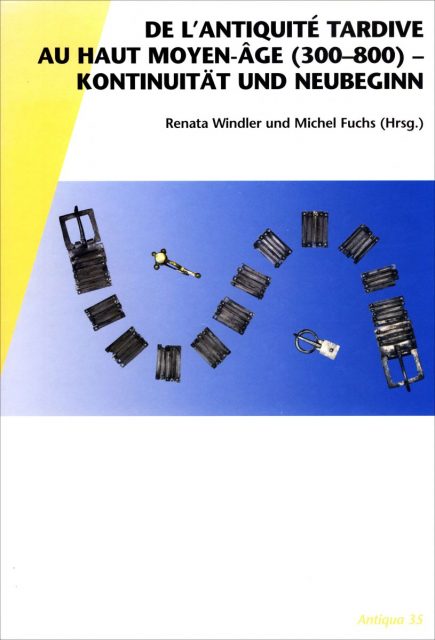 De l’Antiquité tardive au Haut Moyen-Âge (300-800)
De l’Antiquité tardive au Haut Moyen-Âge (300-800)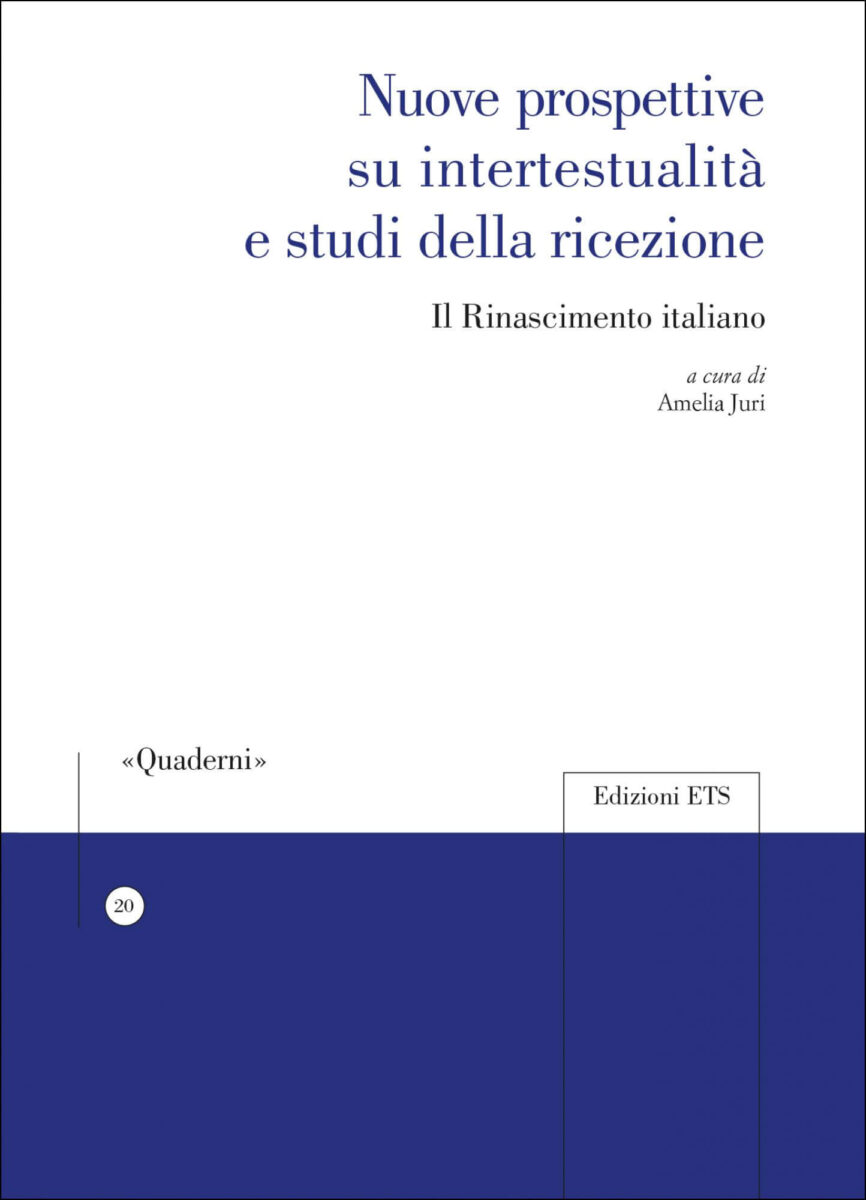 Nuove prospettive su intertestualità e studi della ricezione. Il Rinascimento italiano
Nuove prospettive su intertestualità e studi della ricezione. Il Rinascimento italiano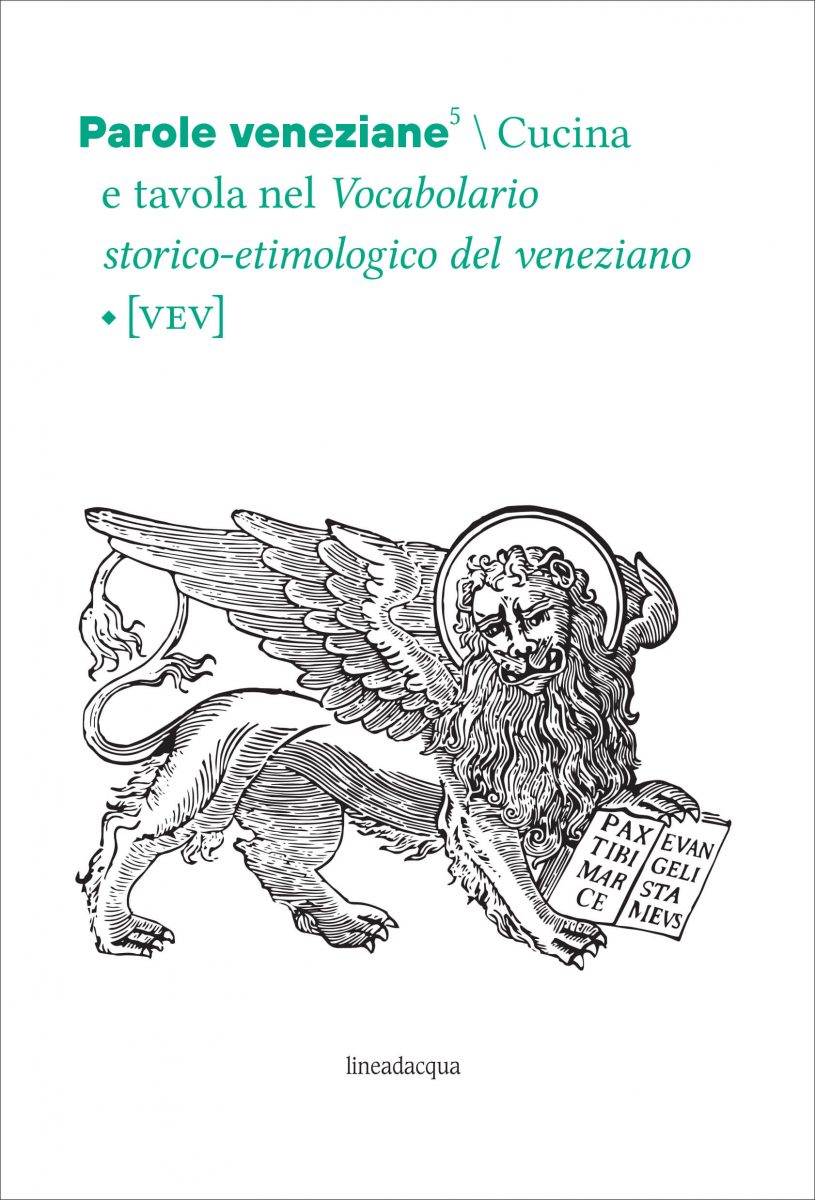 Parole veneziane 5. Cucina e tavola nel Vocabolario storico-etimologico del veneziano
Parole veneziane 5. Cucina e tavola nel Vocabolario storico-etimologico del veneziano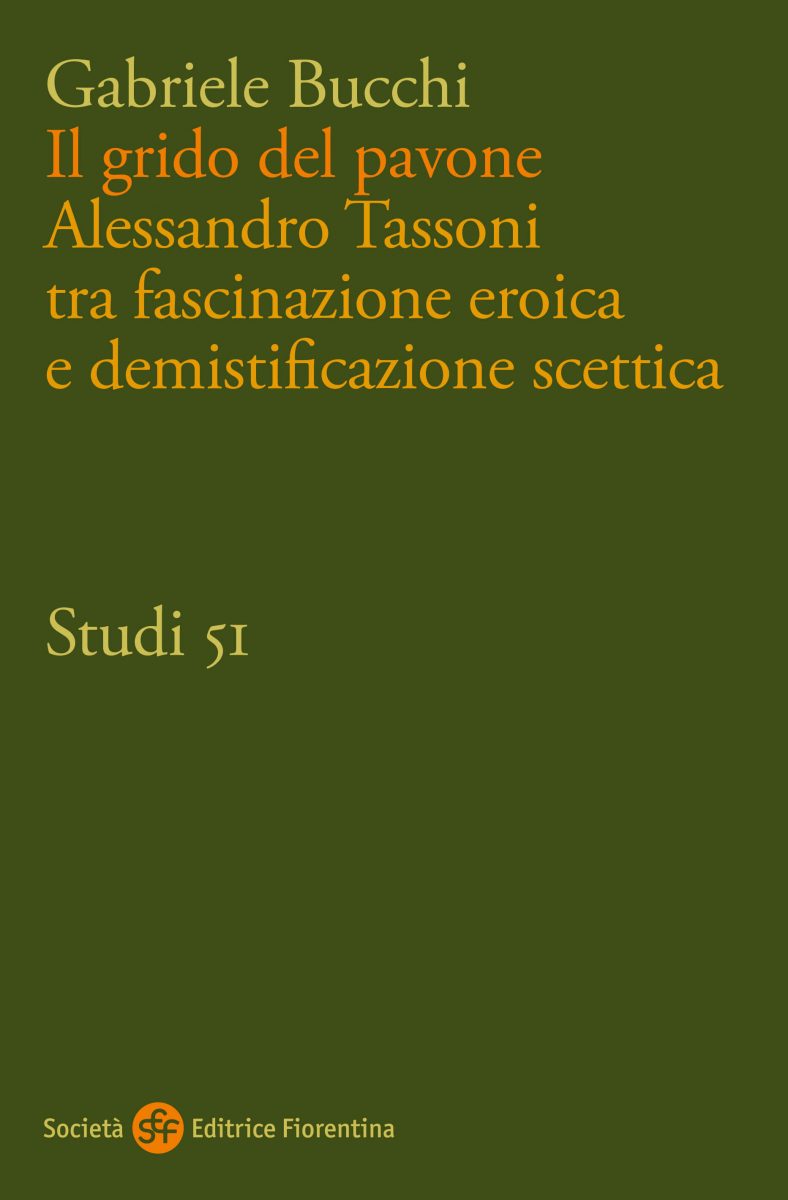 Il grido del pavone. Alessandro Tassoni tra fascinazione eroica e demistificazione scettica
Il grido del pavone. Alessandro Tassoni tra fascinazione eroica e demistificazione scettica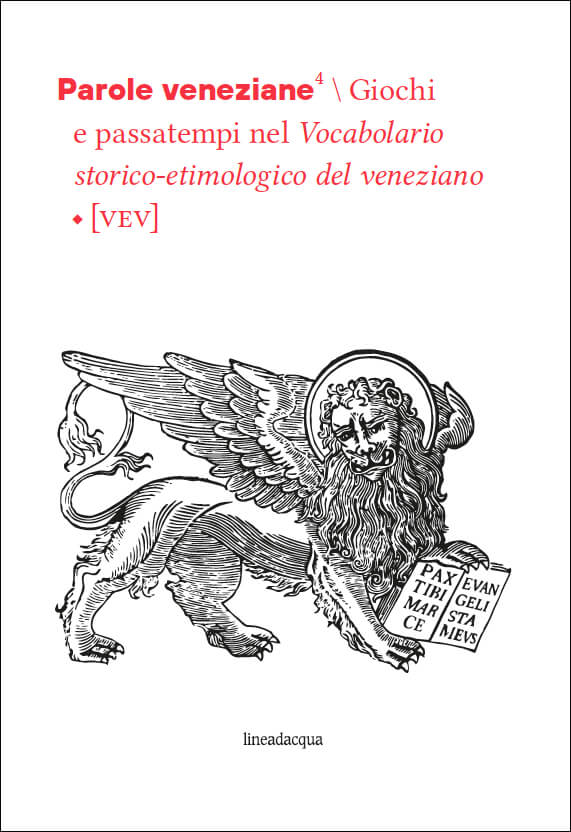 Parole veneziane 4. Giochi e passatempi nel Vocabolario storico-etimologico del veneziano
Parole veneziane 4. Giochi e passatempi nel Vocabolario storico-etimologico del veneziano 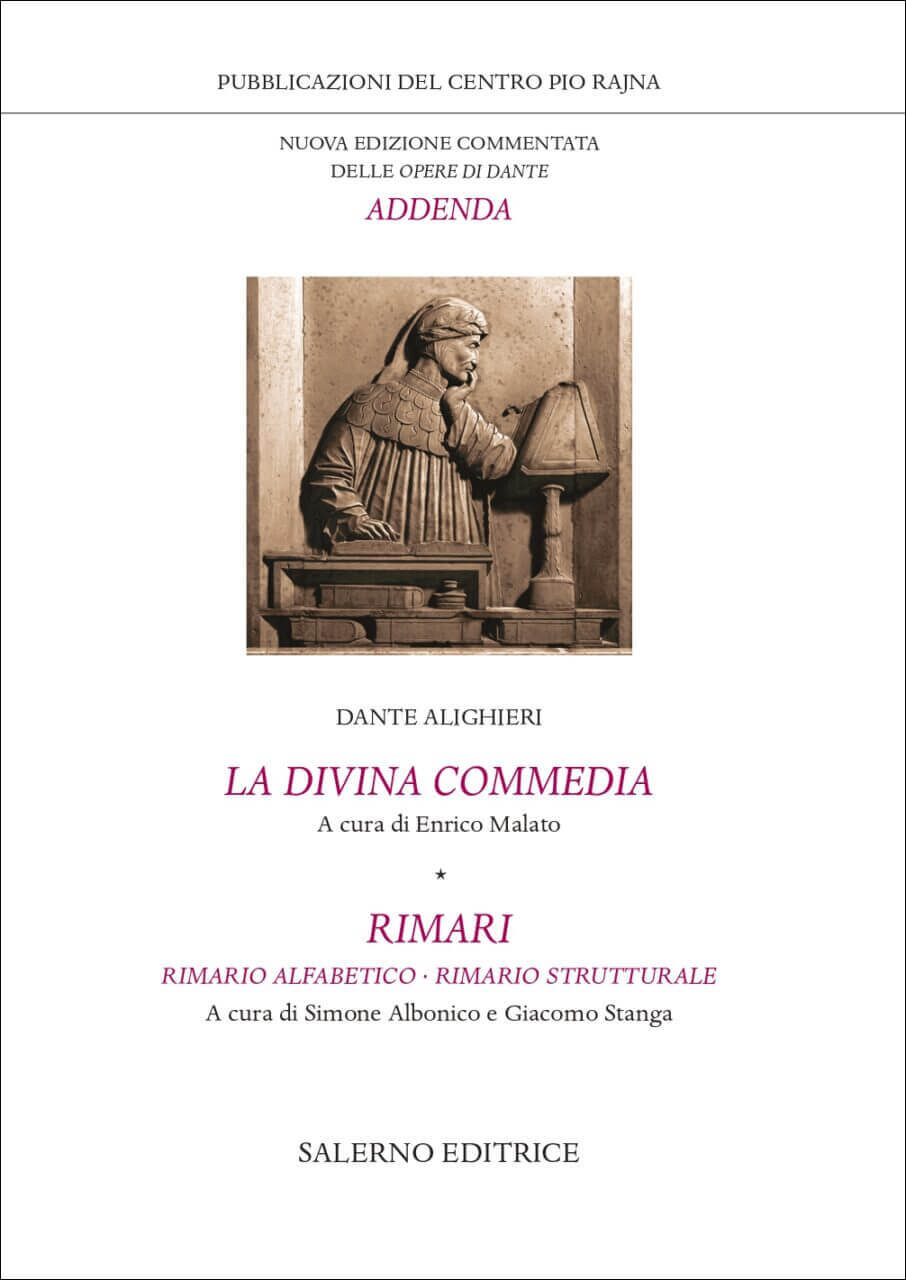 La Divina Commedia – Rimari. Rimario alfabetico. Rimario strutturale
La Divina Commedia – Rimari. Rimario alfabetico. Rimario strutturale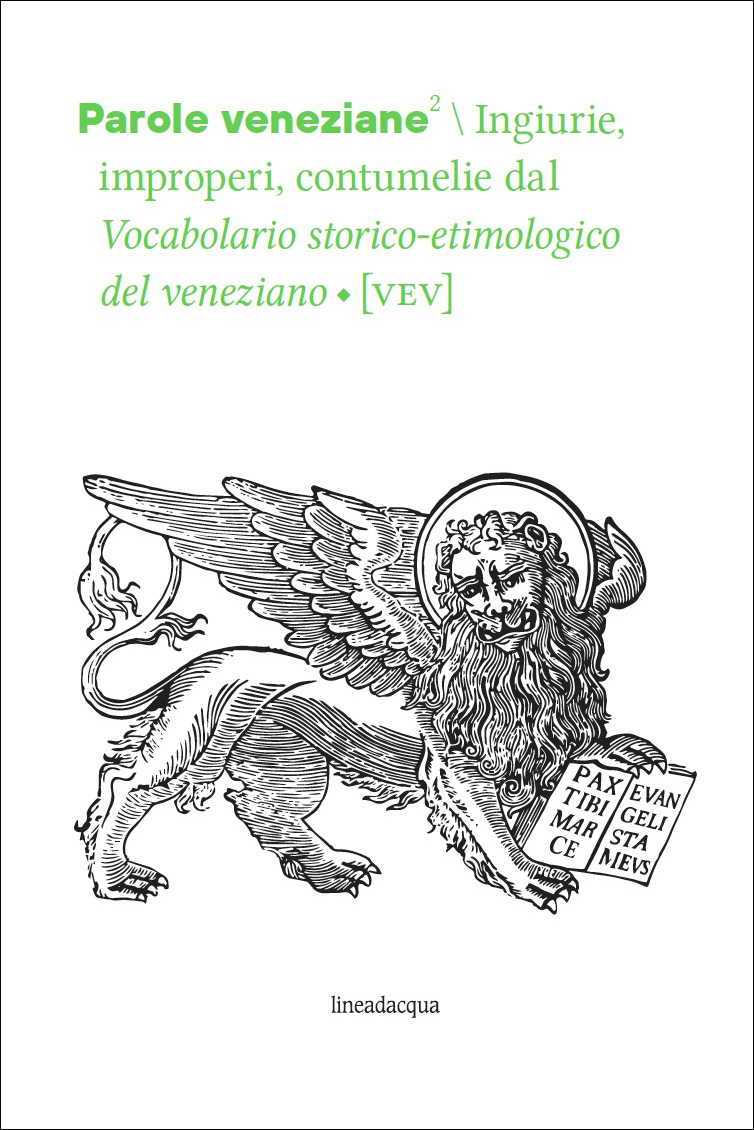 Parole veneziane. 2. Ingiurie, improperi, contumelie dal Vocabolario storico-etimologico del veneziano
Parole veneziane. 2. Ingiurie, improperi, contumelie dal Vocabolario storico-etimologico del veneziano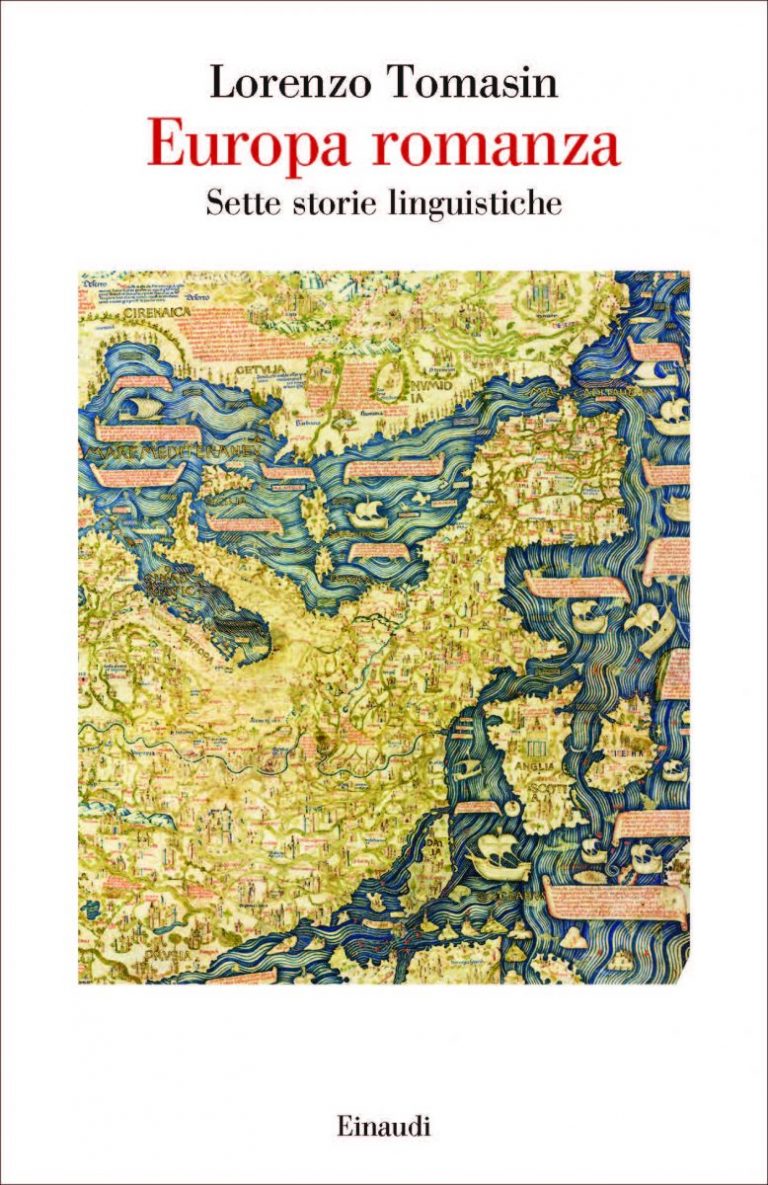 Europa romanza. Sette storie linguistiche
Europa romanza. Sette storie linguistiche 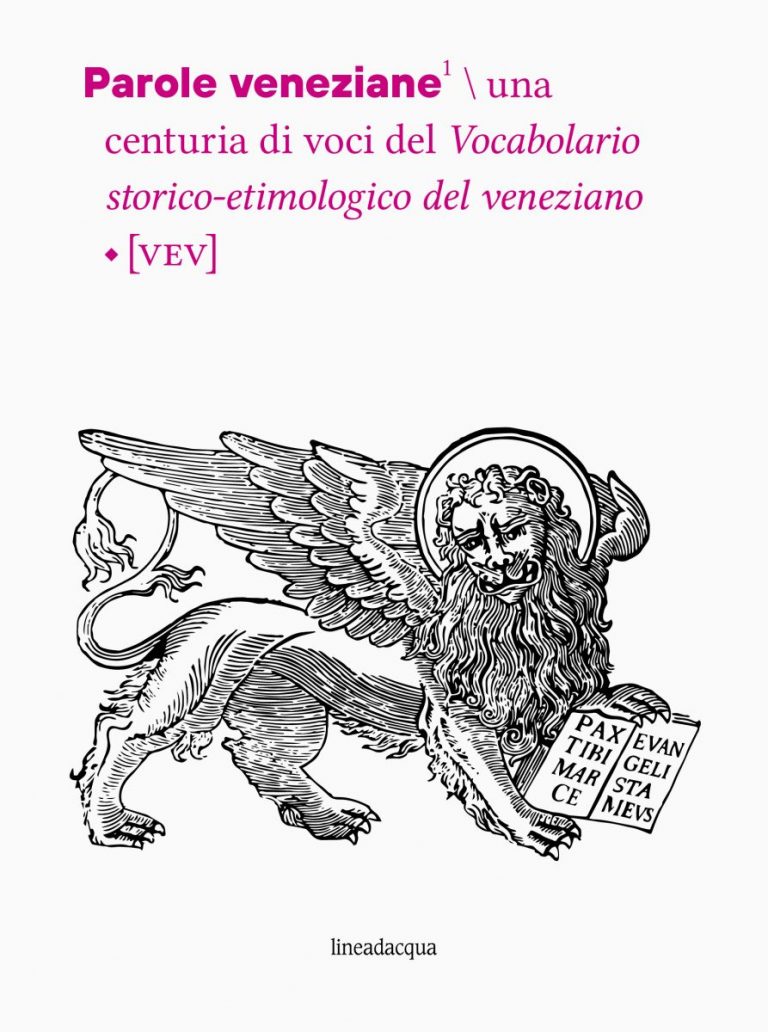 Parole veneziane. 1. Una centuria di voci del Vocabolario storico-etimologico del veneziano
Parole veneziane. 1. Una centuria di voci del Vocabolario storico-etimologico del veneziano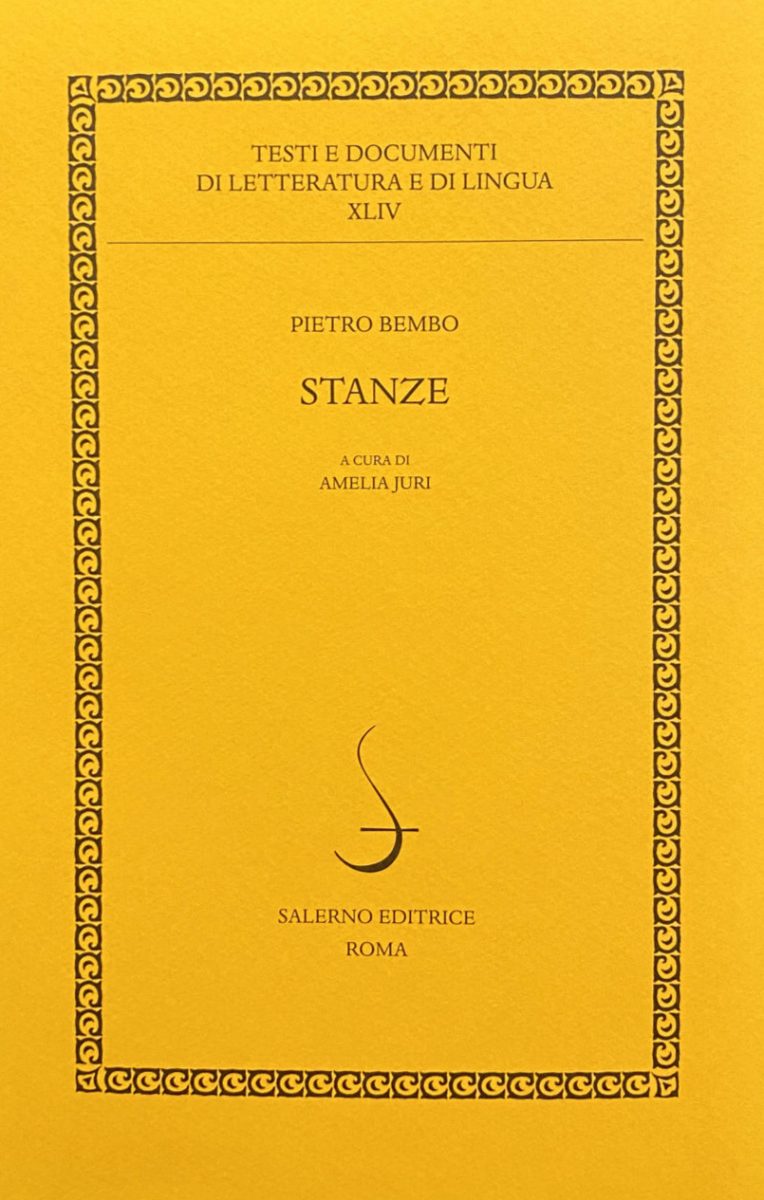 Pietro Bembo, Stanze
Pietro Bembo, Stanze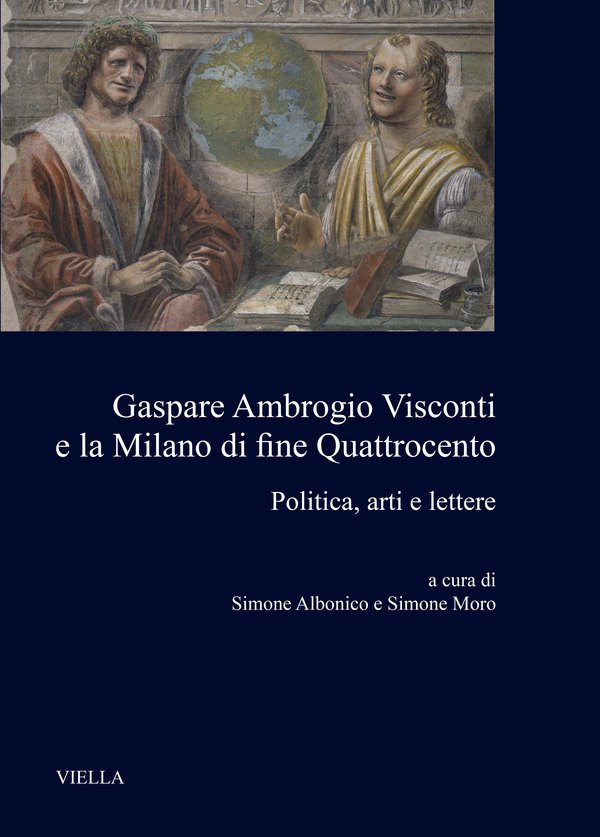 Gaspare Ambrogio Visconti e la Milano di fine Quattrocento. Politica, arti e lettere
Gaspare Ambrogio Visconti e la Milano di fine Quattrocento. Politica, arti e lettere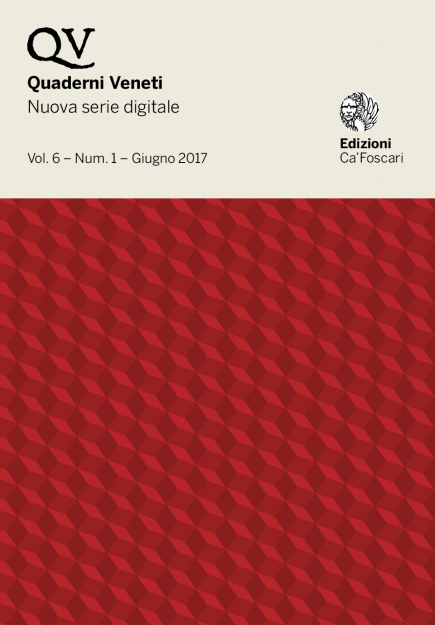 Studi veneti e rinascimentali per Ivano Paccagnella
Studi veneti e rinascimentali per Ivano Paccagnella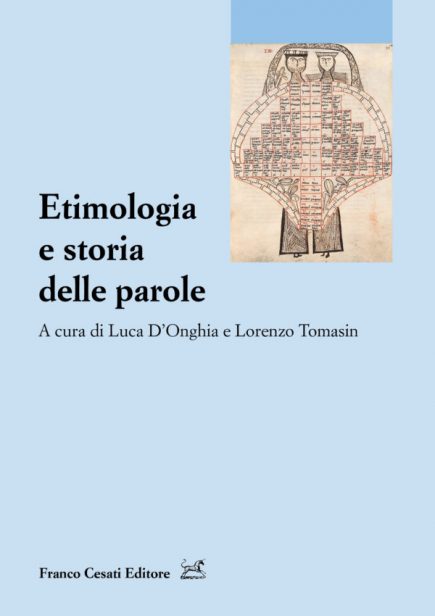 Etimologia e storia delle parole
Etimologia e storia delle parole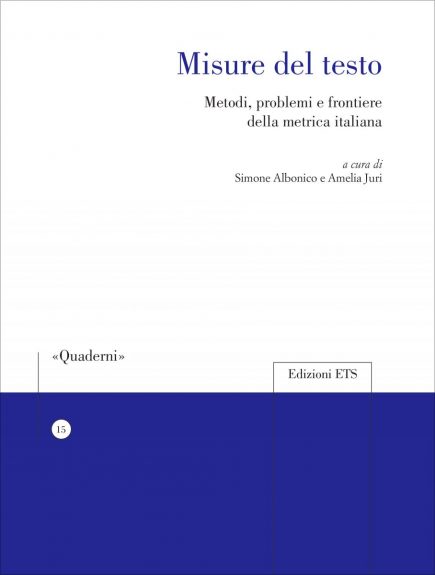 Misure del testo. Metodi, problemi e frontiere della metrica italiana
Misure del testo. Metodi, problemi e frontiere della metrica italiana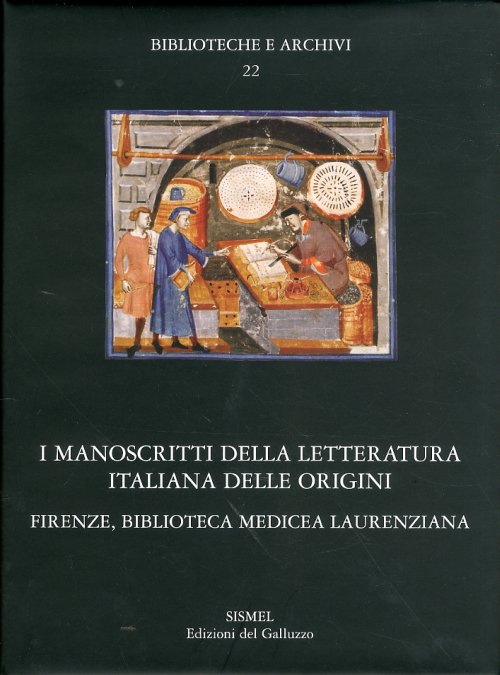 I manoscritti della letteratura italiana delle Origini: Firenze, Biblioteca Medicea Laurenziana
I manoscritti della letteratura italiana delle Origini: Firenze, Biblioteca Medicea Laurenziana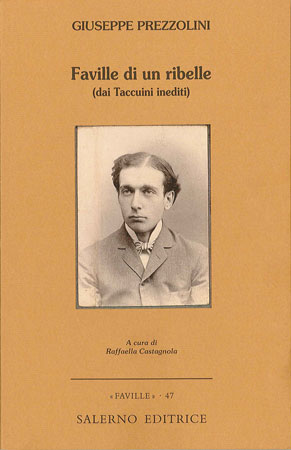 Faville di un ribelle (dai Taccuini inediti)
Faville di un ribelle (dai Taccuini inediti) Le cosmologie del poeta. La sovversione delle forme in Gilberto Isella
Le cosmologie del poeta. La sovversione delle forme in Gilberto Isella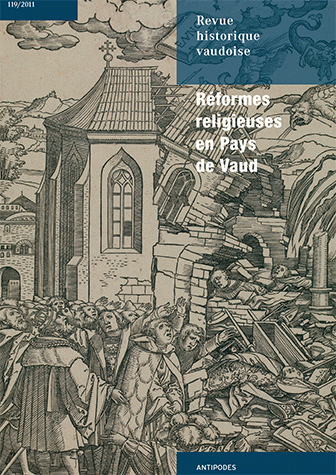 Réformes religieuses en Pays de Vaud: ruptures, continuités et résistances (m. XVe- m. XVIe s.)
Réformes religieuses en Pays de Vaud: ruptures, continuités et résistances (m. XVe- m. XVIe s.)